23 June 2025 at The Conduit
The Conference for a Resilient Future
Record-breaking heatwaves, rising global temperatures, and climate-driven disease outbreaks are putting human health under increasing pressure. The question is no longer if we act – but how fast.
£146
The conference starts in
23 JUNE 2025 AT THE CONDUIT
Record-breaking heatwaves, rising global temperatures, and climate-driven disease outbreaks are putting human health under increasing pressure. The question is no longer if we act – but how fast.
The conference starts in
Build a Healthier World this London Climate Action Week
Kicking off London Climate Action Week 2025, this flagship climate and health conference convenes global leaders from science, public health, business and policy. Together, we’ll explore innovative, real-world solutions – on topics such as extreme heat, air pollution, infectious disease, mental health and nutrition – to build climate-resilient communities in a rapidly changing world.
.webp?width=1200&length=1200&name=mask_group%20(3).webp)



.webp?width=1200&length=1200&name=mask_group%20(4).webp)
"The effect of climate change and health - especially mental health - needs to be highlighted by all involved in health policy"
Stella Kyriakides - Former Commissioner for Health and Food Safety of the EU
Your Conference Experience
Gain Practical Strategies
Equip your organisation with actionable solutions for climate-resilient healthcare.
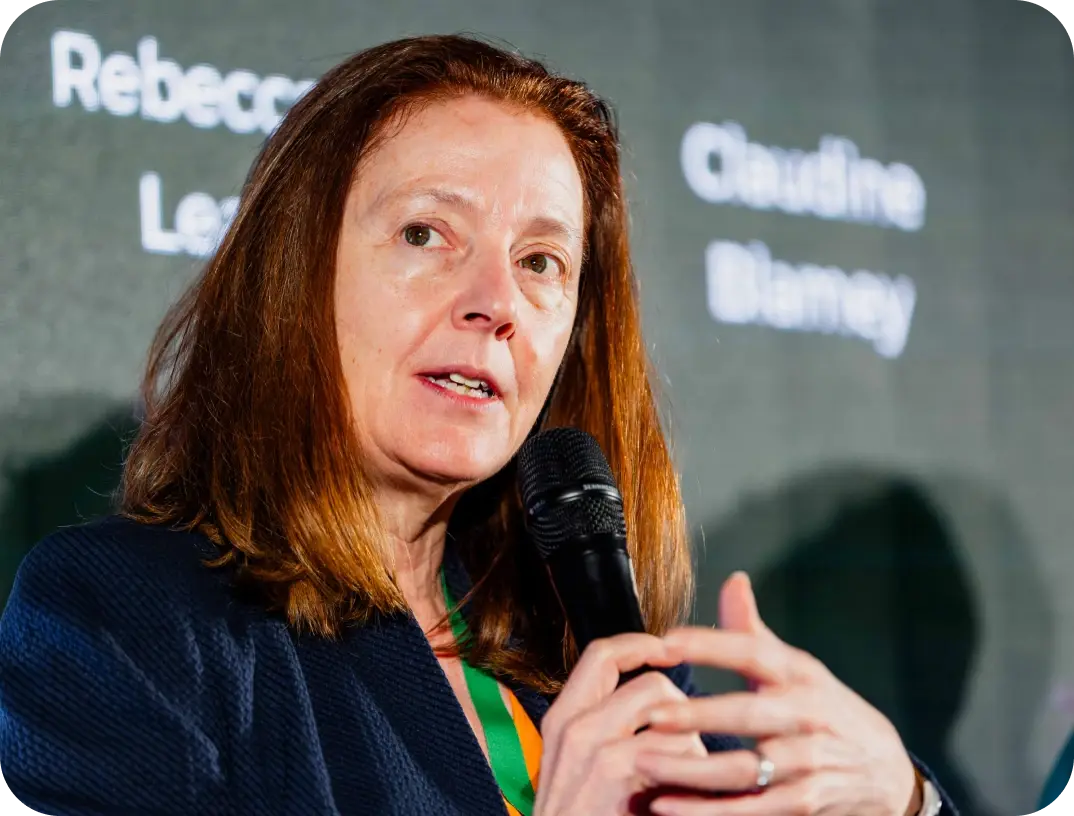
Build Powerful Connections
Tap into a world of health networking with pioneers transforming the climate-health space
.webp)
Stay Ahead
Discover breakthrough innovations and partnerships redefining global and public health.
.webp)
Your Conference Experience
Gain Practical Strategies
Equip your organisation with actionable solutions for climate-resilient healthcare.

Build Powerful Connections
Tap into a world of health networking with pioneers transforming the climate-health space
.webp)
Stay Ahead
Discover breakthrough innovations and partnerships redefining global and public health.
.webp)
Calling Health Changemakers
Together we'll connect brilliant minds across disciplines and sectors, bringing together networks across healthcare, tech, policymaking and philanthropy.
Tech pioneers, entrepreneurs, and
C-suite executives driving sustainable healthcare solutions.
This conference brings together global experts in policy, healthcare, sustainability and more. Taking the stage, they'll share their insights and real-world strategies for accelerating the transformation of our climate-health systems at pace and scale.
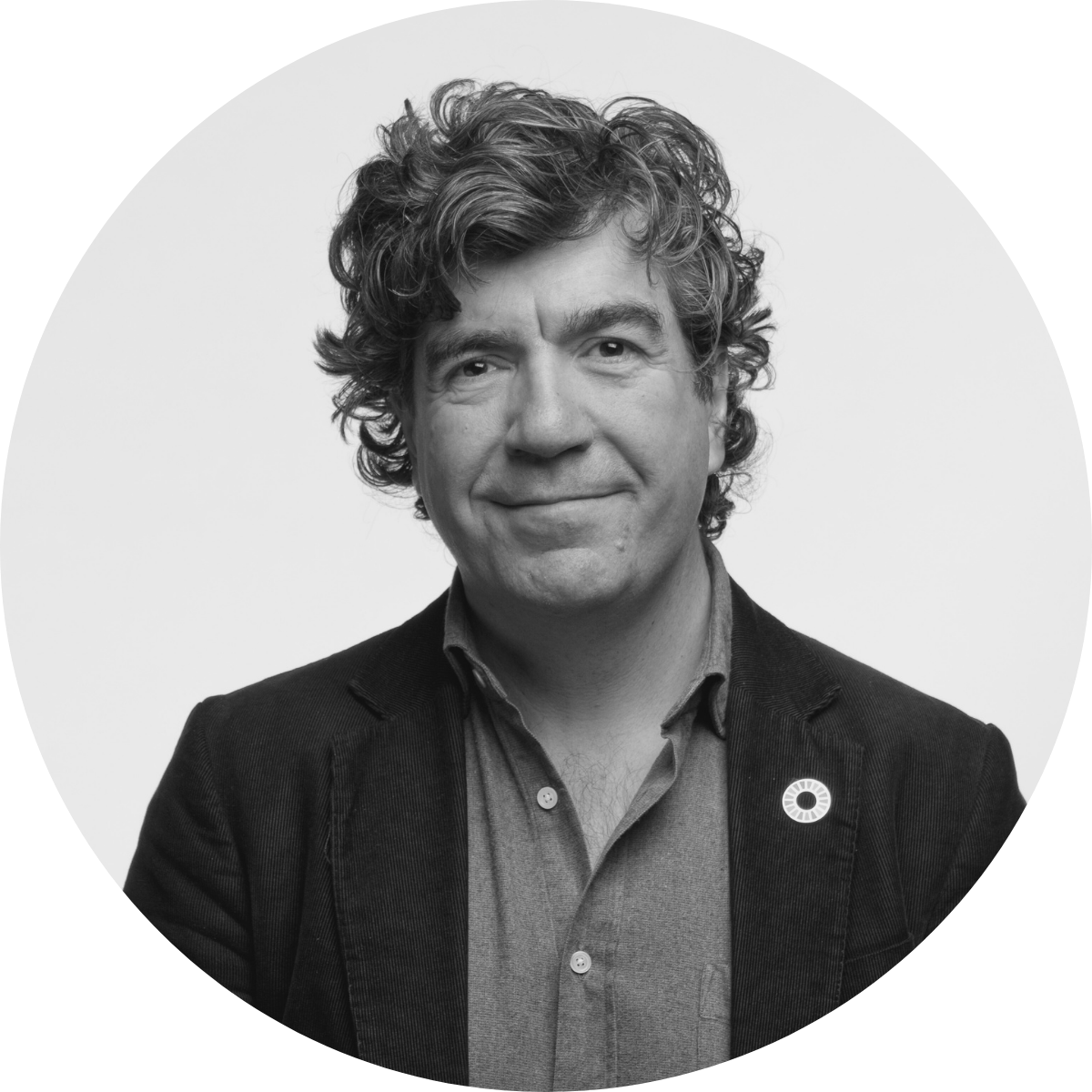
ALAN DANGOUR
Director, Climate and Health, Wellcome Trust
-1.png)
MARY ROBINSON
Former President of Ireland
.png)
PETER BABUDU
Executive Director, Impact on Urban Health, Guy's & St Thomas' Foundation
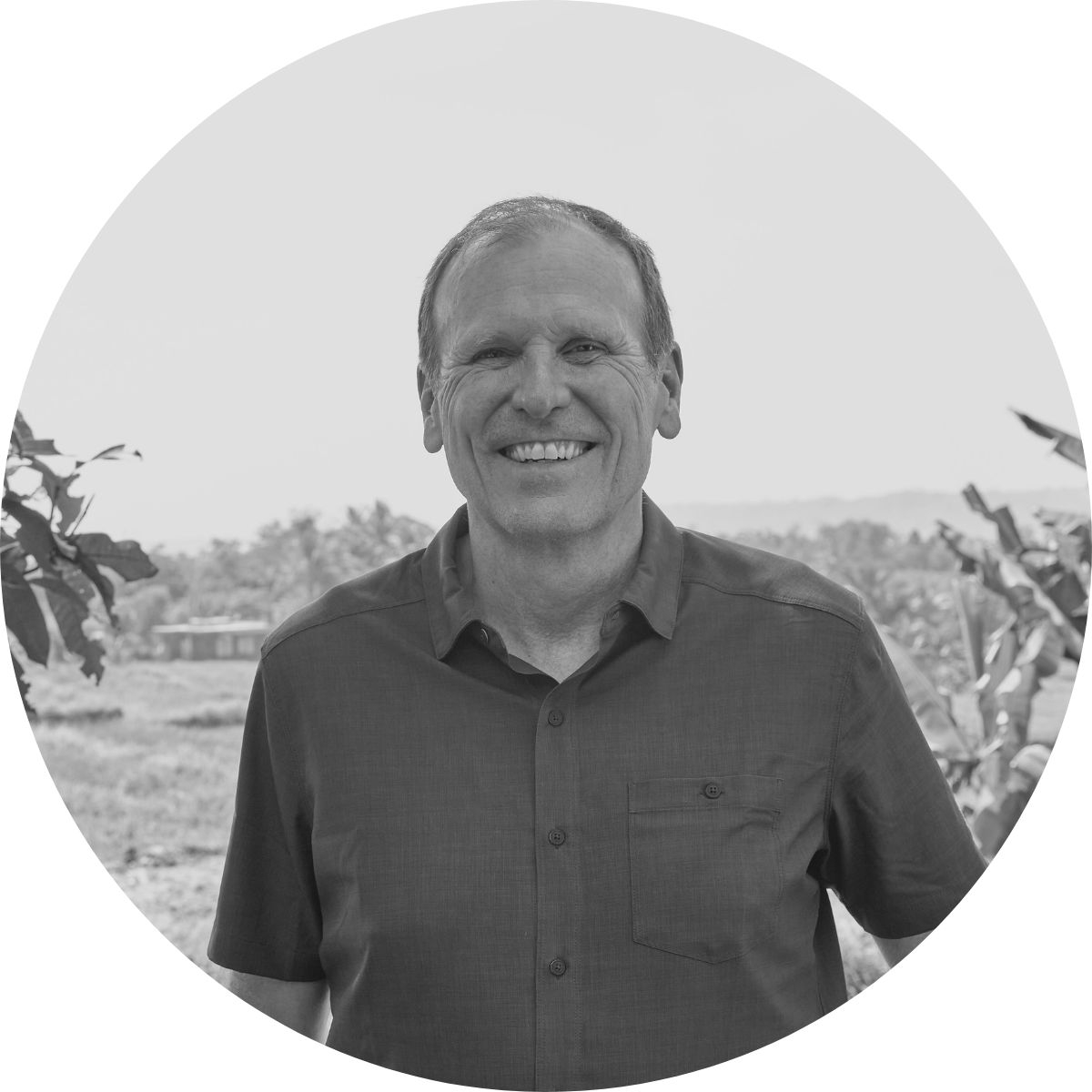
GARY WHITE
CEO and Co-Founder, Water.org
.png)
SARAH KLINE
Co-Founder and CEO, United for Global Mental Health
.png)
DAMIEN NG
Executive Director, Next Generation Research, Julius Baer
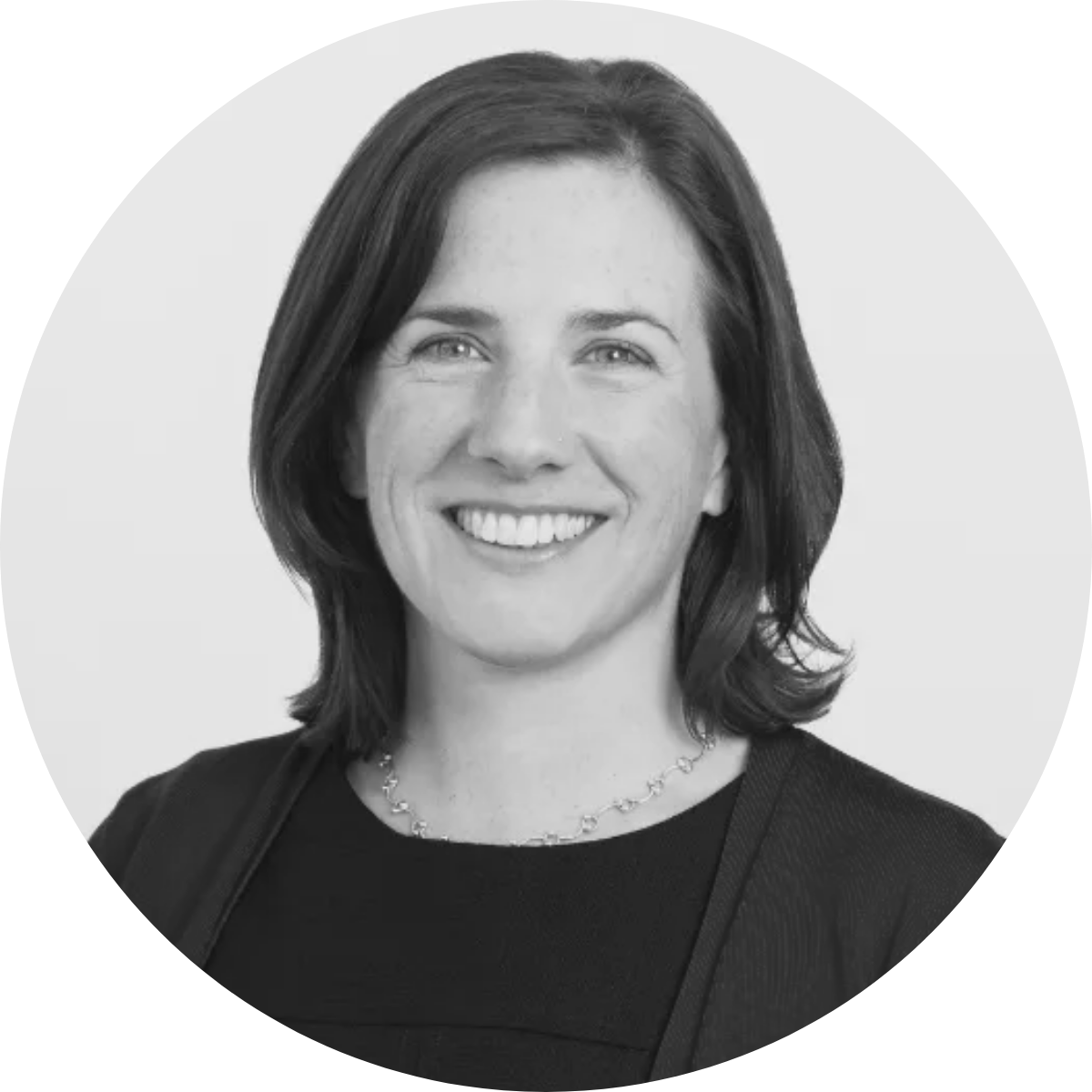
JANE BURSTON
CEO, Clean Air Fund
.png)
COLLINS IWUJI
Faculty in Population Science, Africa Health Research Institute
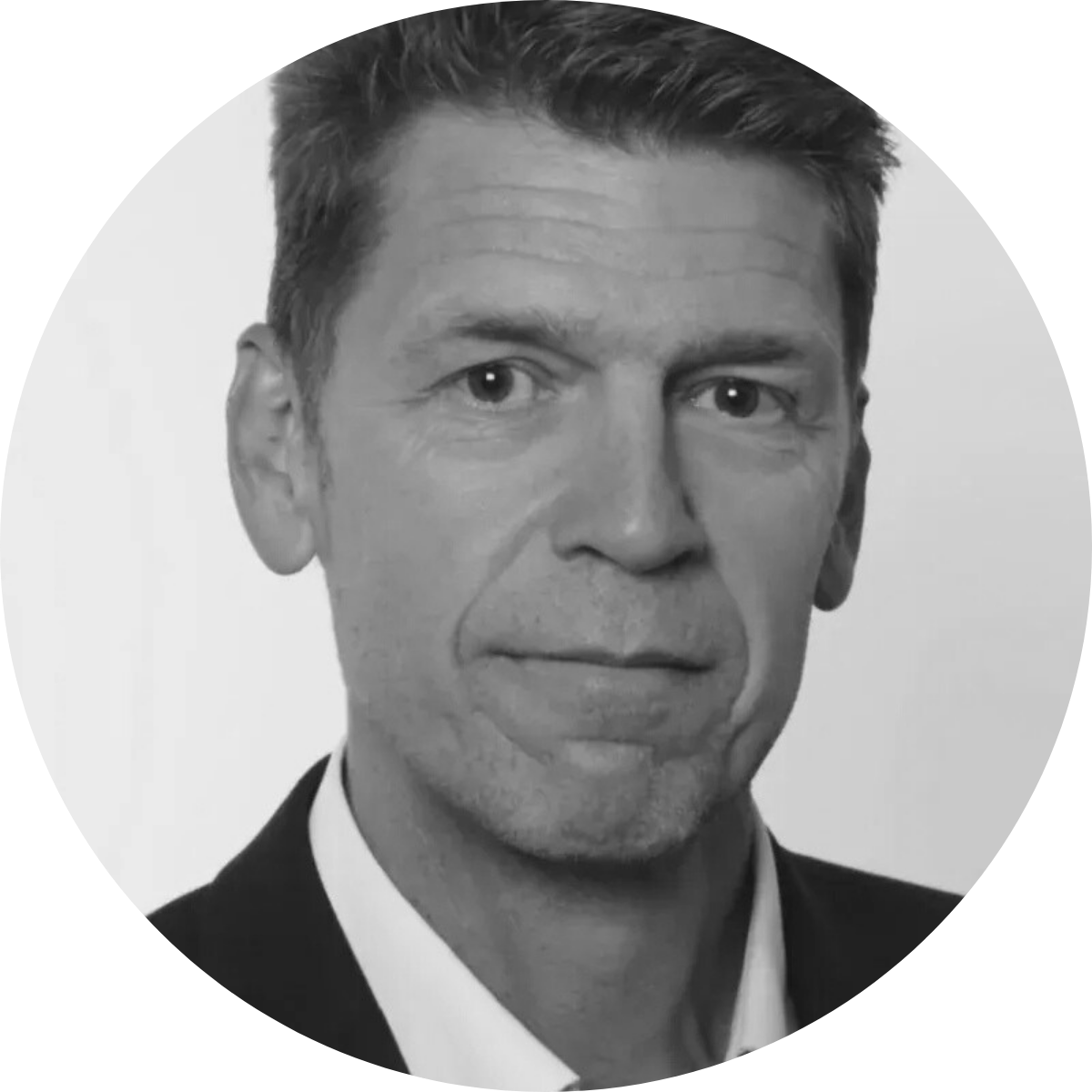
STUART GILLESPIE
Author, 'Food Fight'
.png)
AGNES AGYEPONG
Founder and CEO, Global Child and Maternal Health
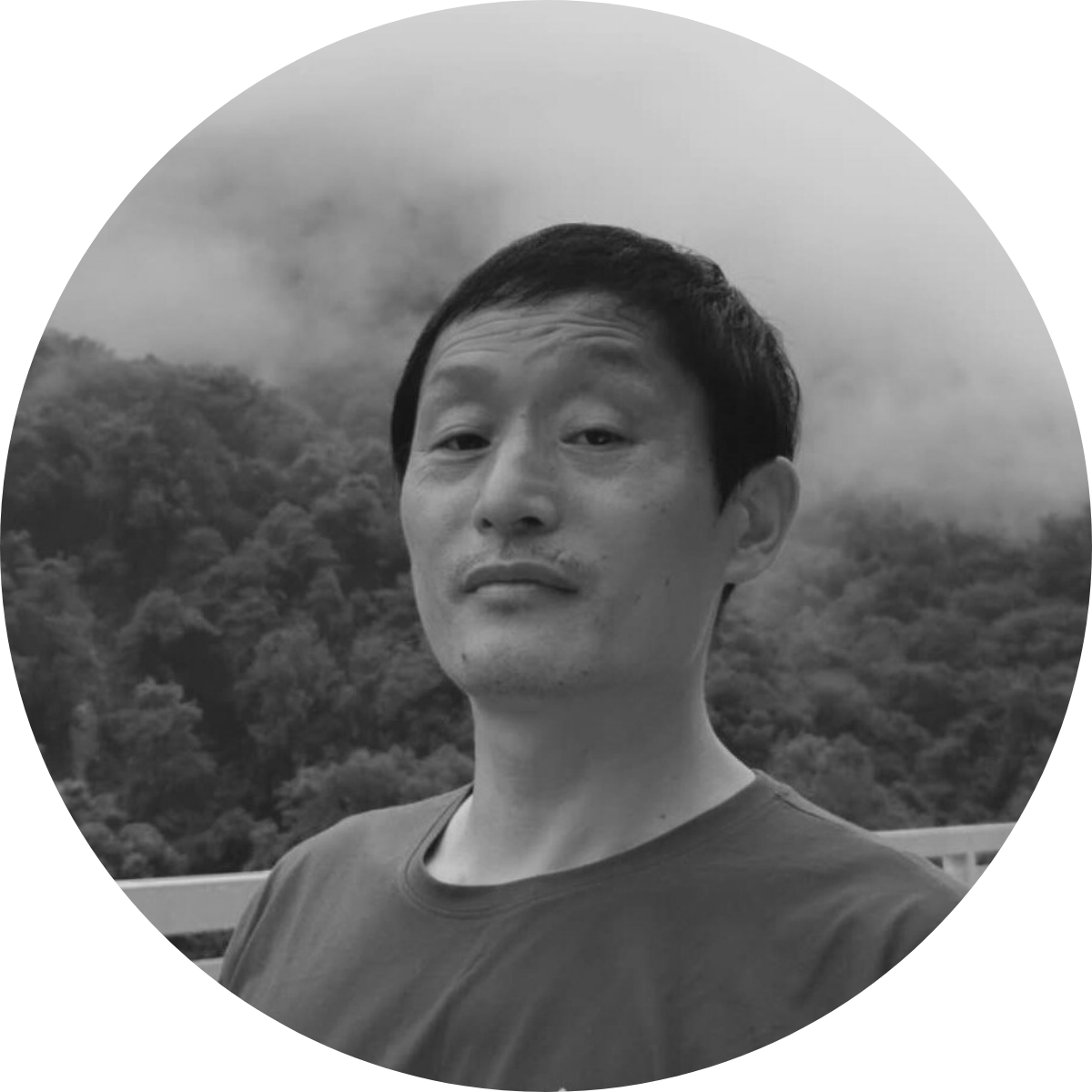
ZONGBO SHI
Professor of Atmospheric Biogeochemistry, University of Birmingham

MARINA ROMANELLO
Executive Director, Lancet Countdown
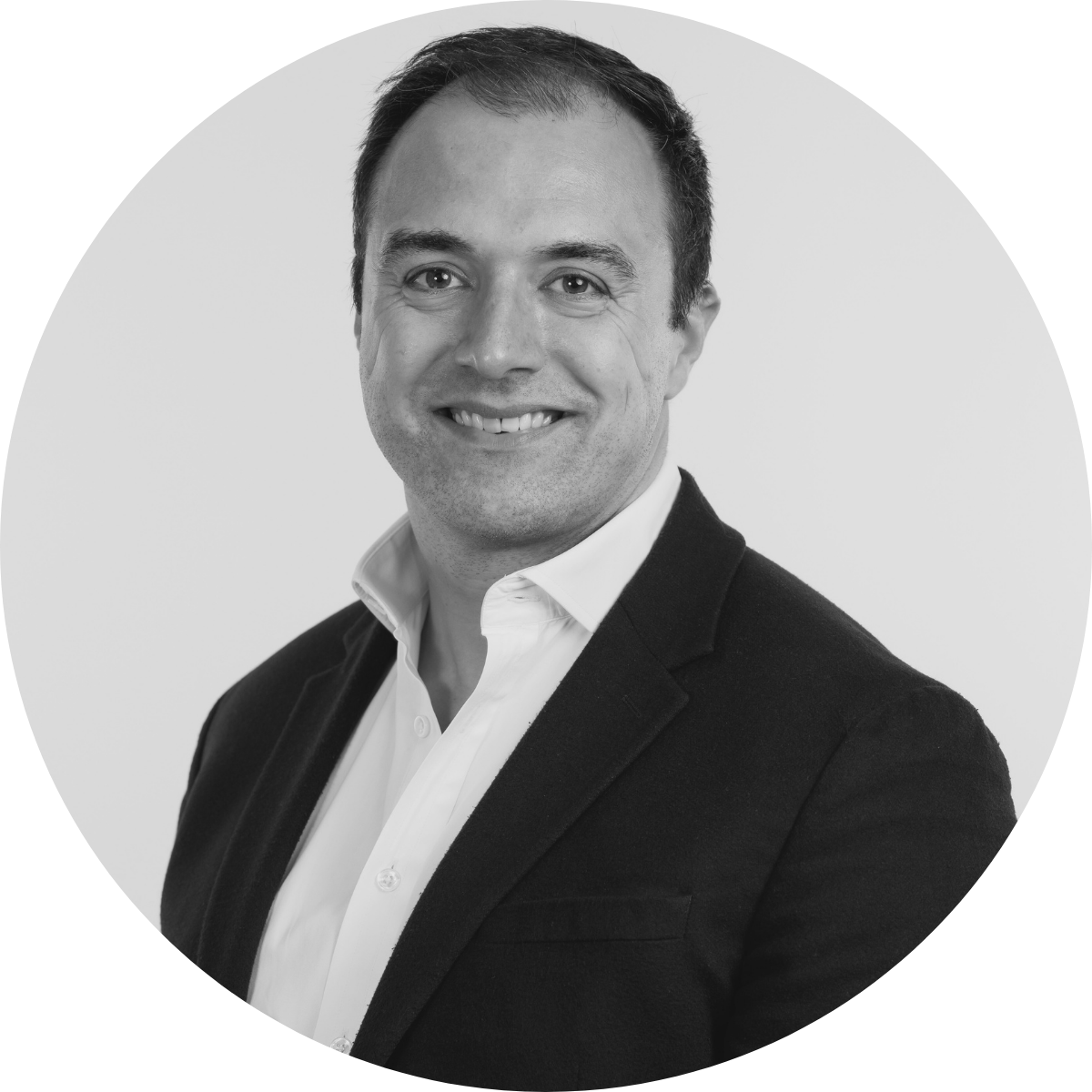
GLYN RICHARDS
Group Director of Sustainability, Bupa

VANESSA NAKATE
Climate Justice Advocate
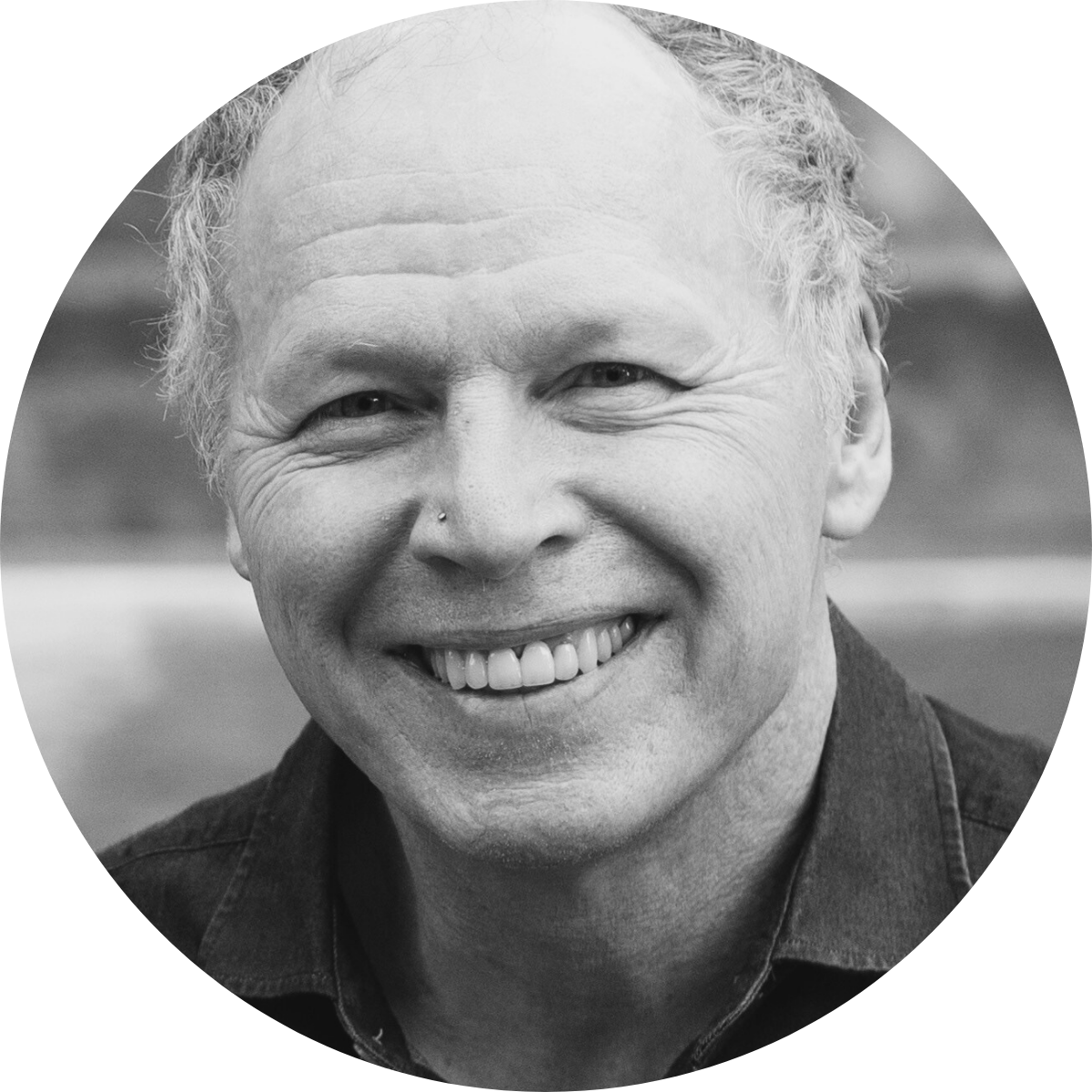
THOMAS DOHERTY
Author, 'Surviving Climate Anxiety: A Guide to Coping, Healing and Thriving"
.png)
FIONA WALKER
Global Health Editor, The Bureau of Investigative Journalism
.png)
ALEJANDRO GUARIN
Food Systems Transformation Lead, World Benchmarking Alliance
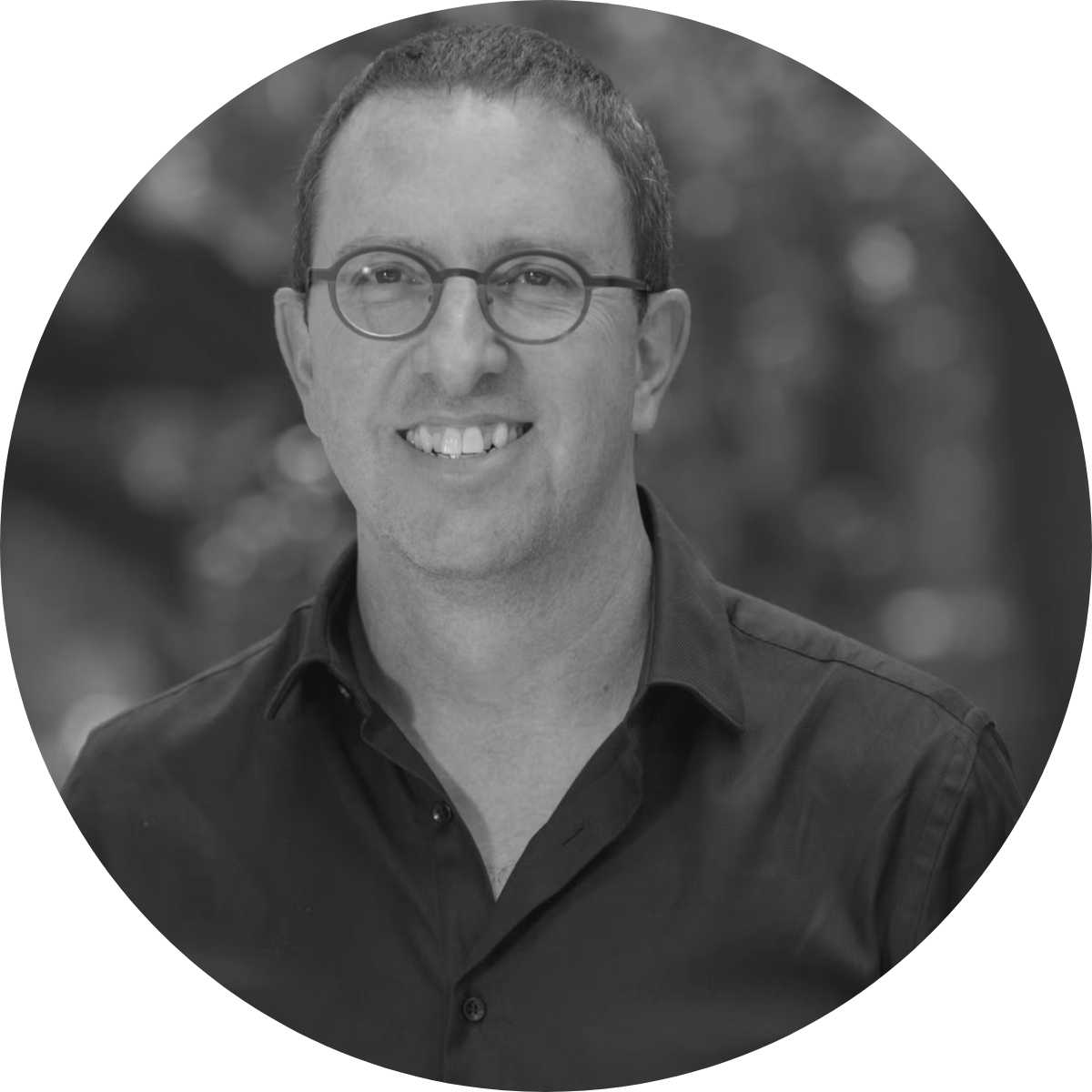
SAUL JOHNSON
Partner - Health, Genesis Analytics

AZADEH FARAJPOUR
Founder, betterSoil
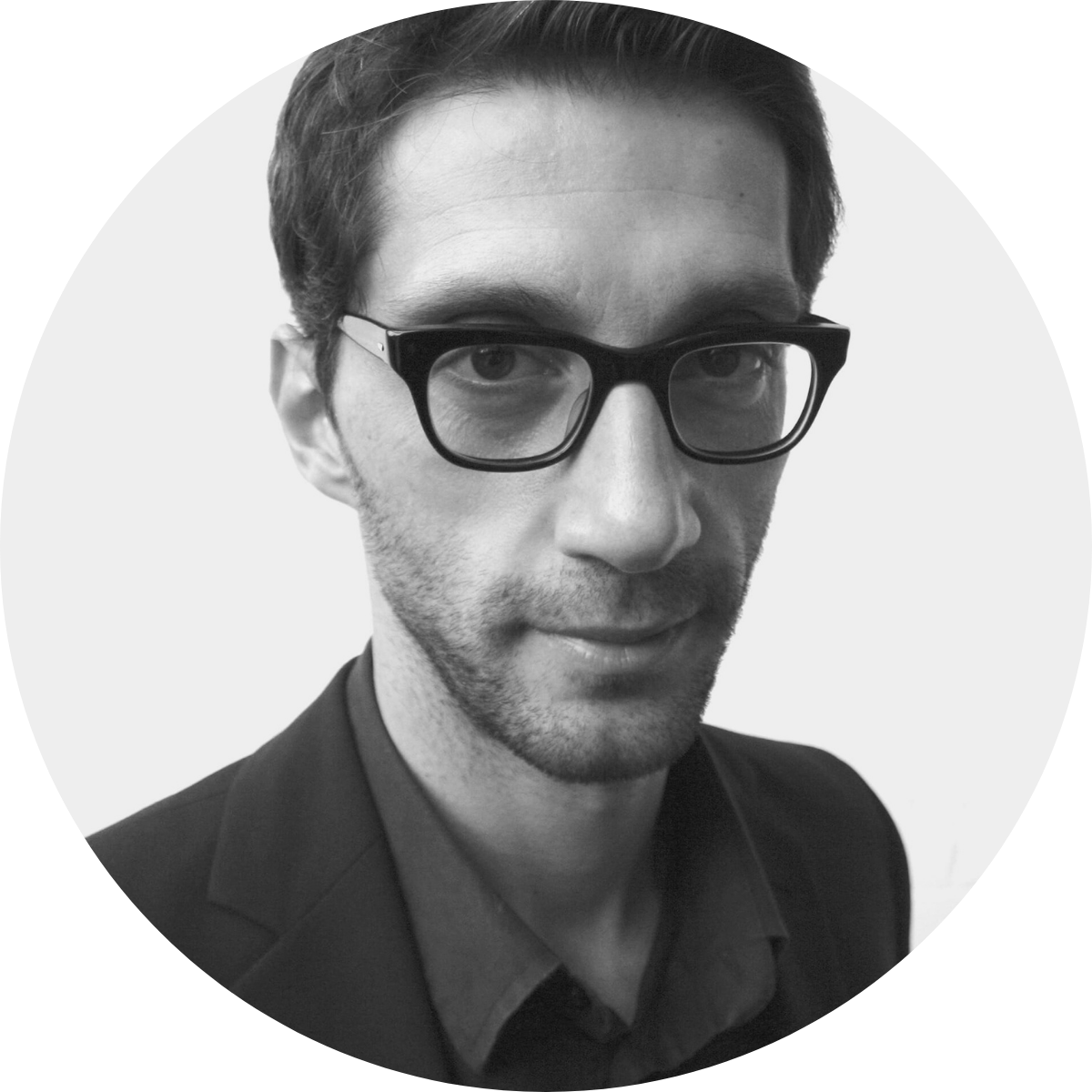
ANDREA MECHELLI
Professor in Early Intervention in Mental Health, King's College London
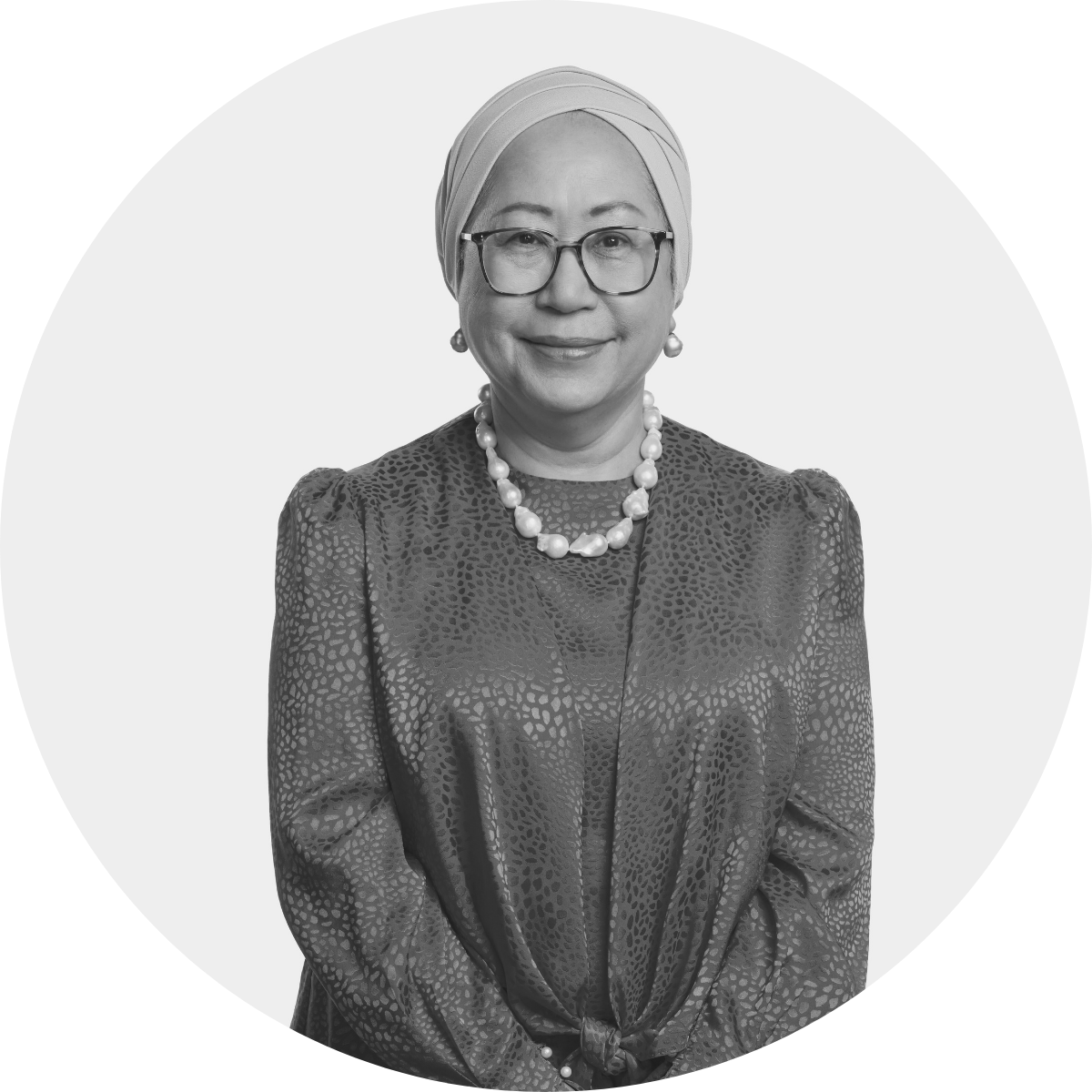
JEMILAH MAHMOOD
Founding Director, Sunway Centre for Planetary Health
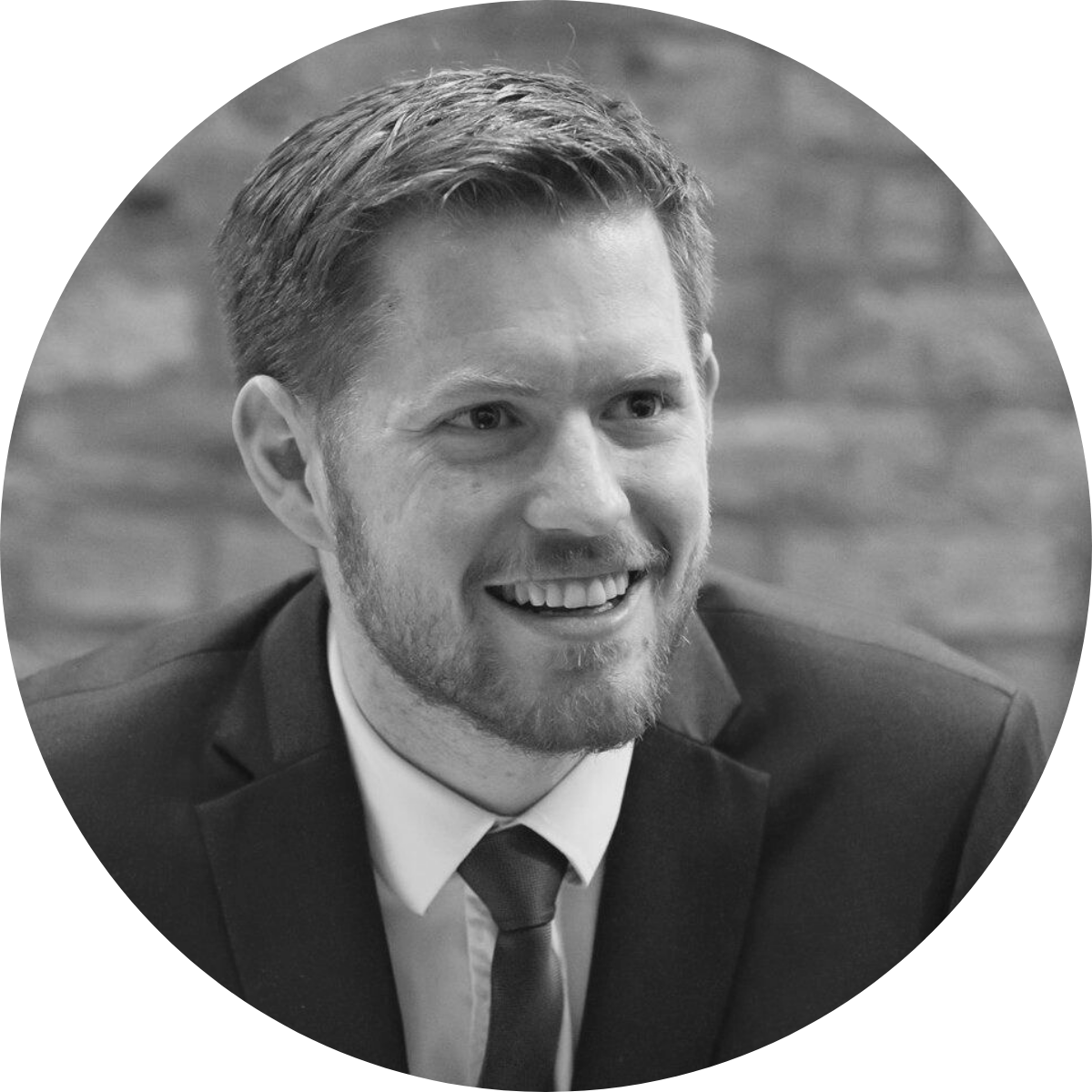
ANTHONY MCDONNELL
Policy Fellow, Centre for Global Development
.png)
JANICE LI
Curator - Thirst: In Search of Freshwater, Wellcome Collection
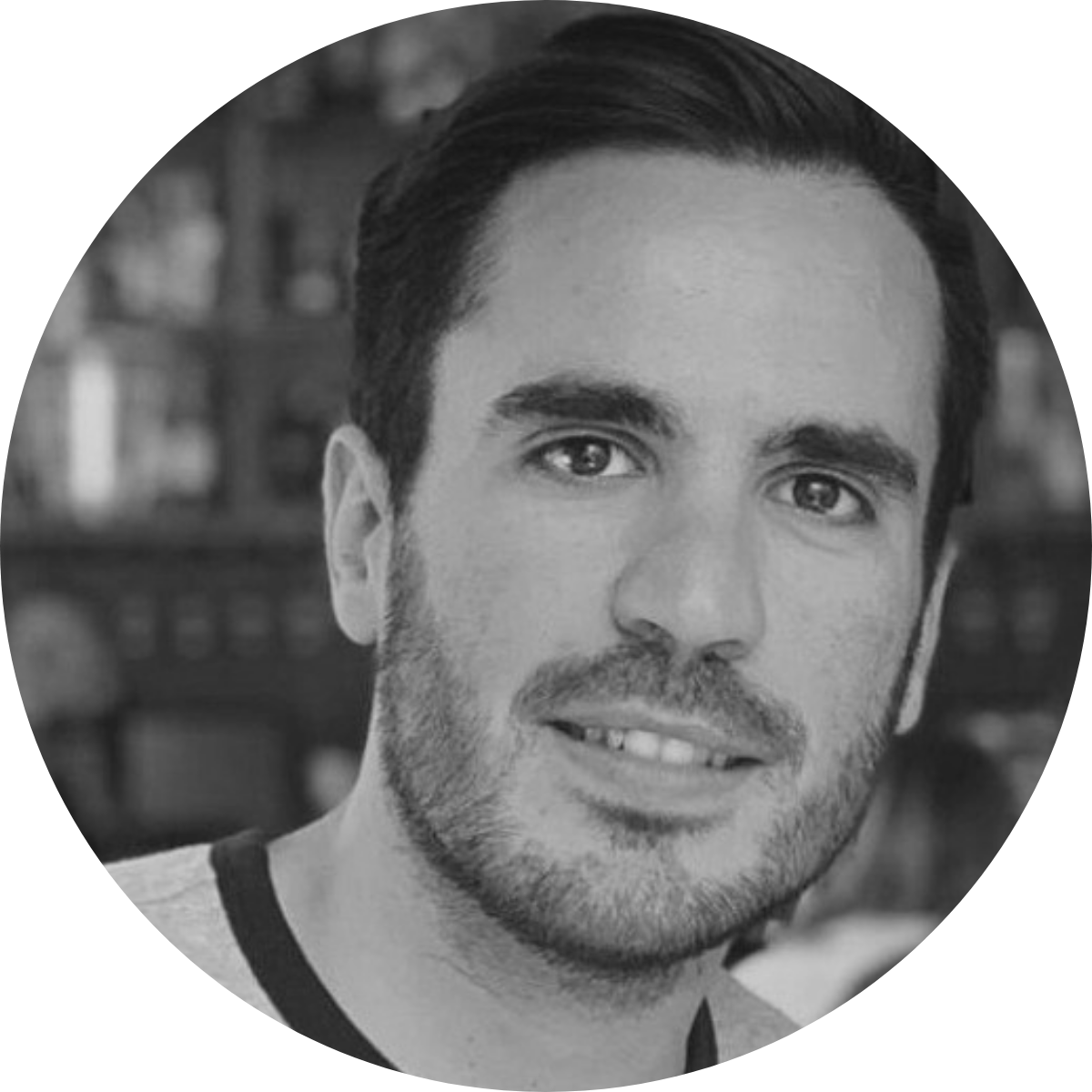
ALEJANDRO COLSA PEREZ
Head of Breathe Cities, C40 Cities
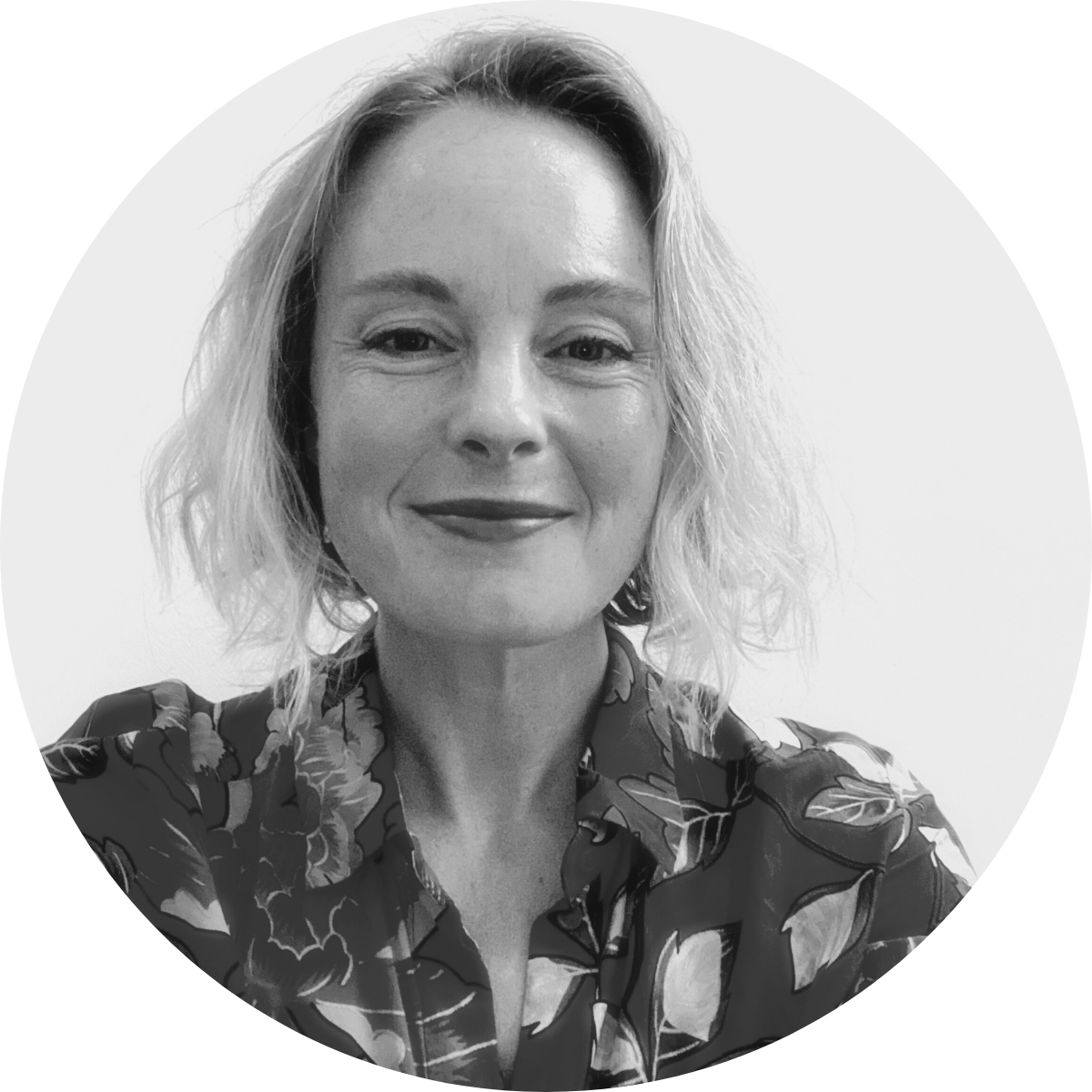
HANNAH PATHAK
CEO, Forum for the Future
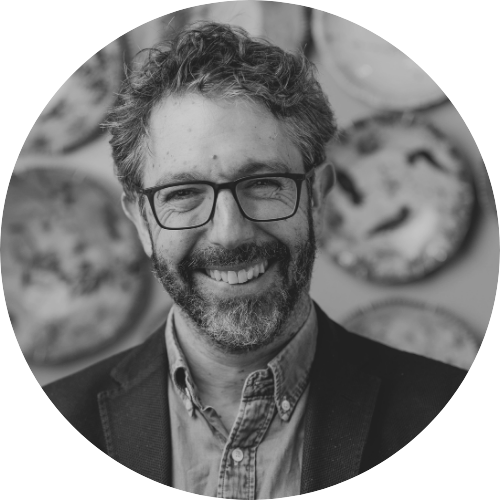
PAUL VAN ZYL
CEO and Co-Founder, The Conduit

LAURA CLARKE
CEO, ClientEarth
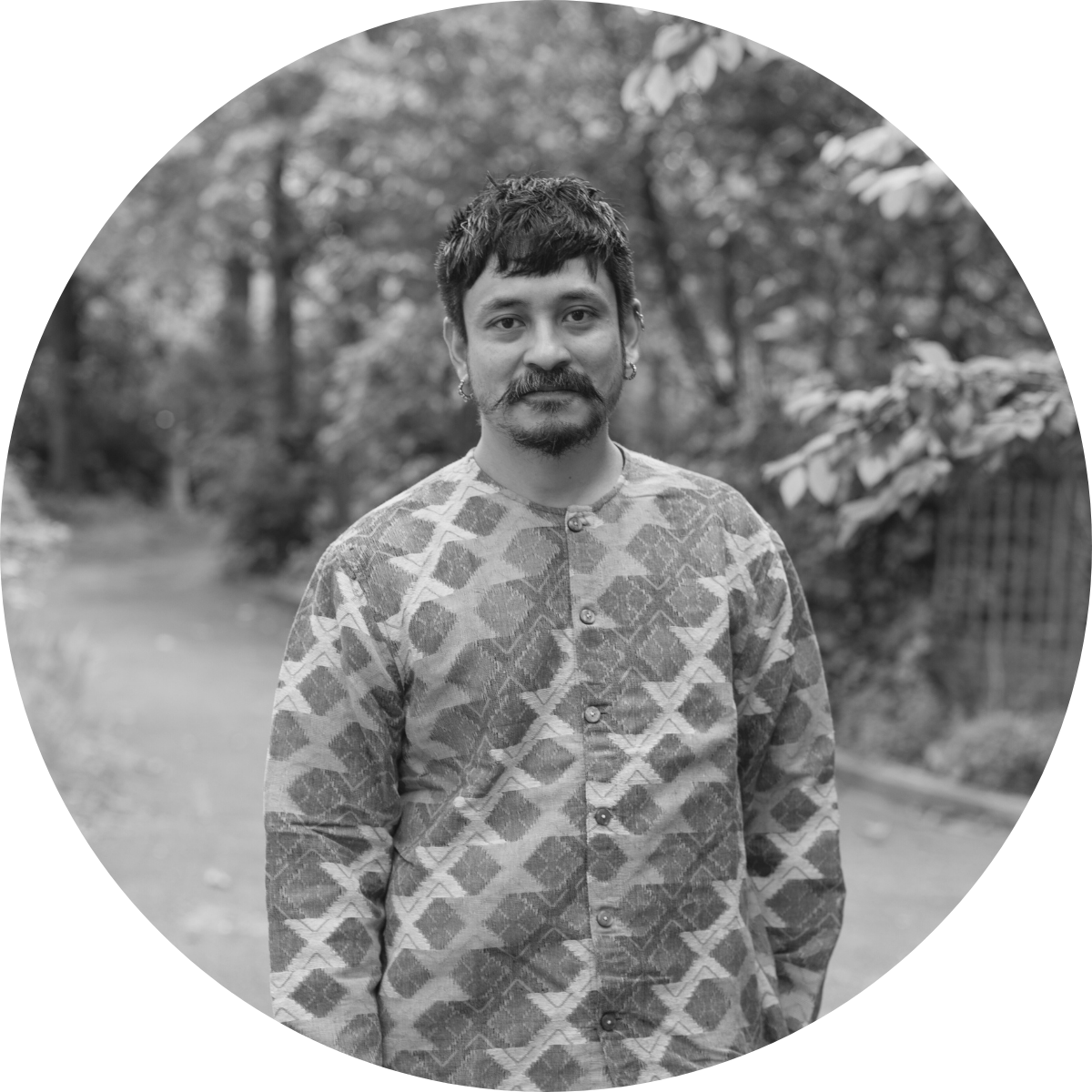
KARAN SHRESTHA
Artist

CHARLOTTE KILPATRICK
Reporter, The Conduit

TORI TSUI
Climate Activist and Writer
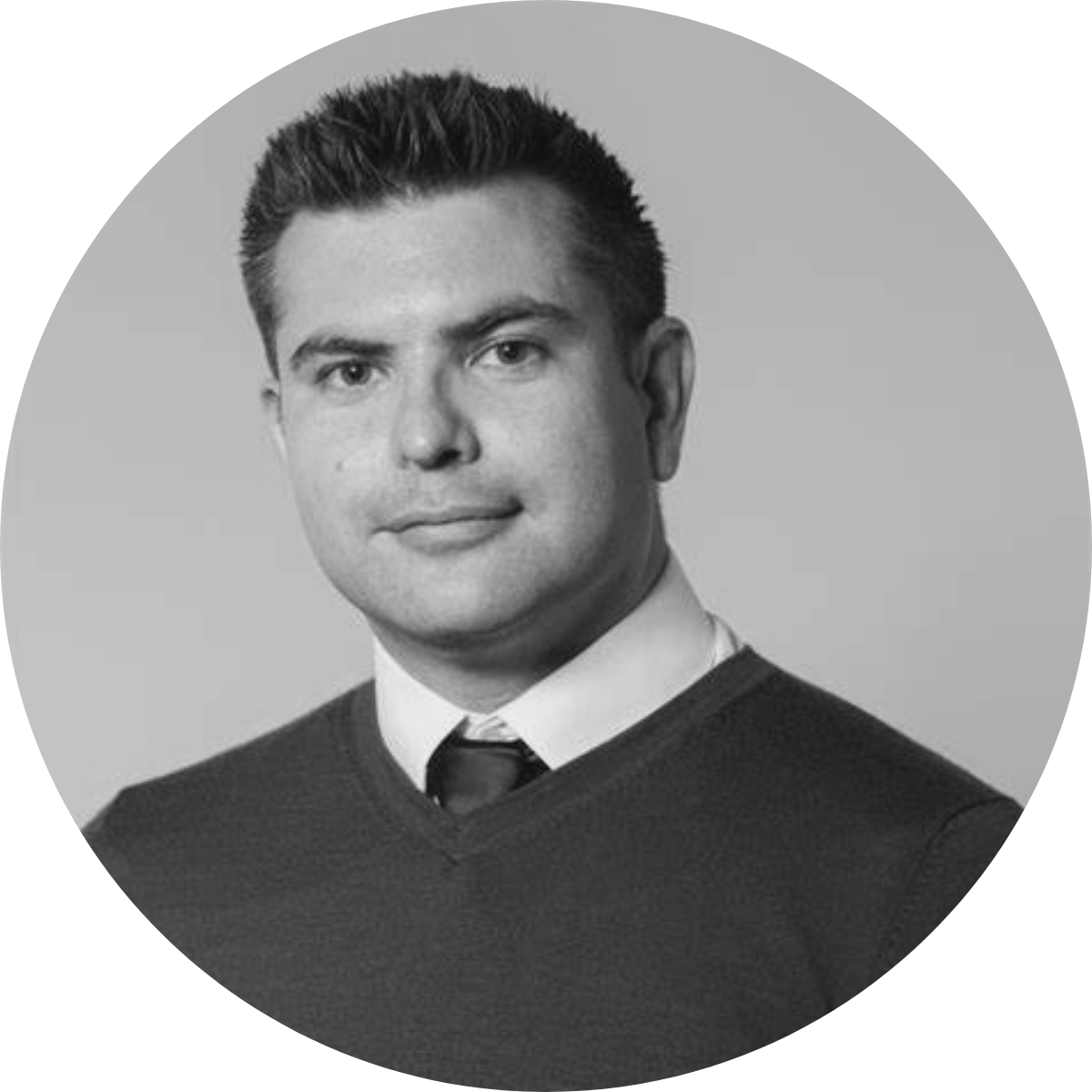
ELLIOT TREHARNE
Assistant Director for Connectivity, Air Quality, Transport and Infrastructure, Greater London Authority
-1.png)
DIMPLE RANA
Associate, Environmental Physics, Arup
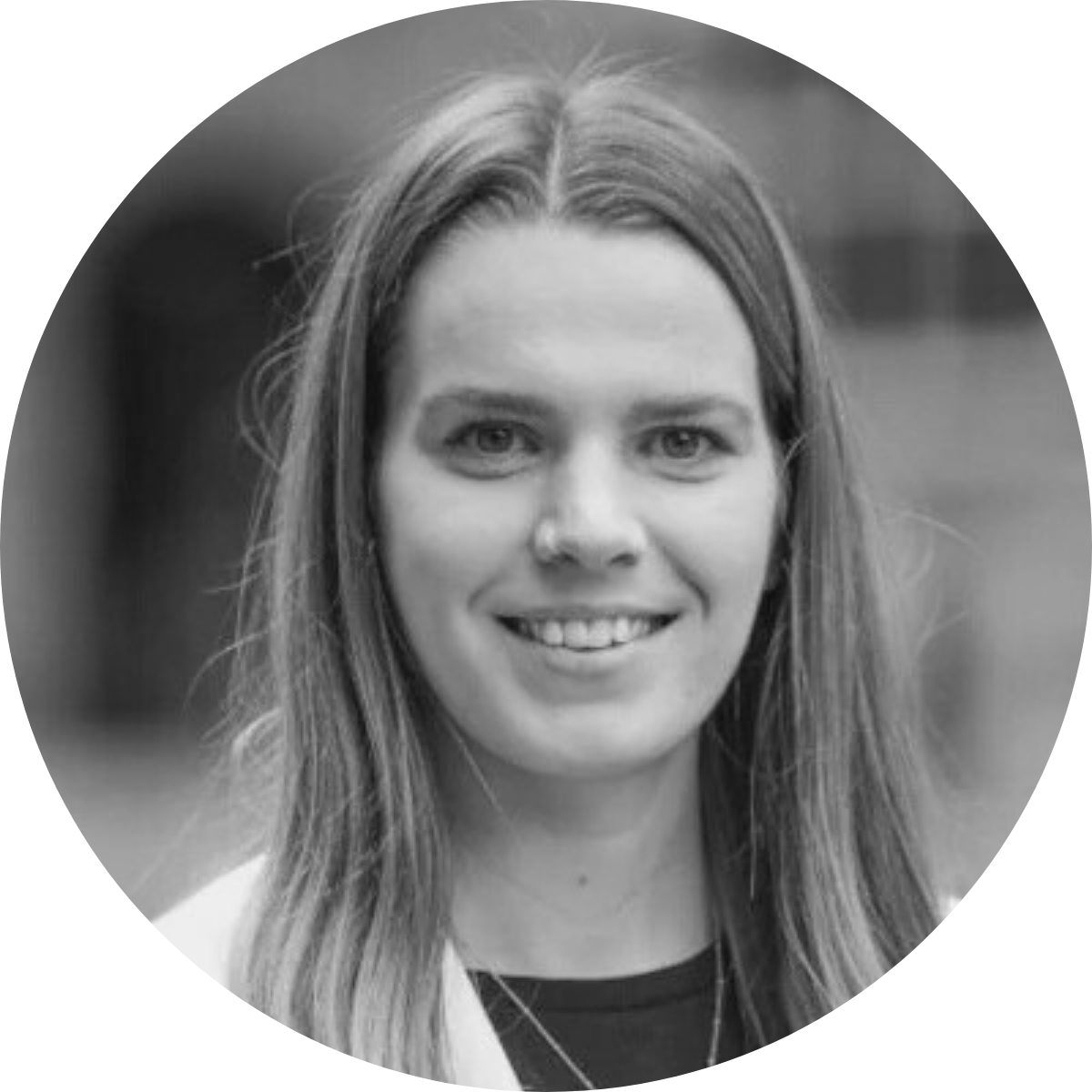
SOPHIE O'CONNELL
Senior Policy Advisor, Green Alliance
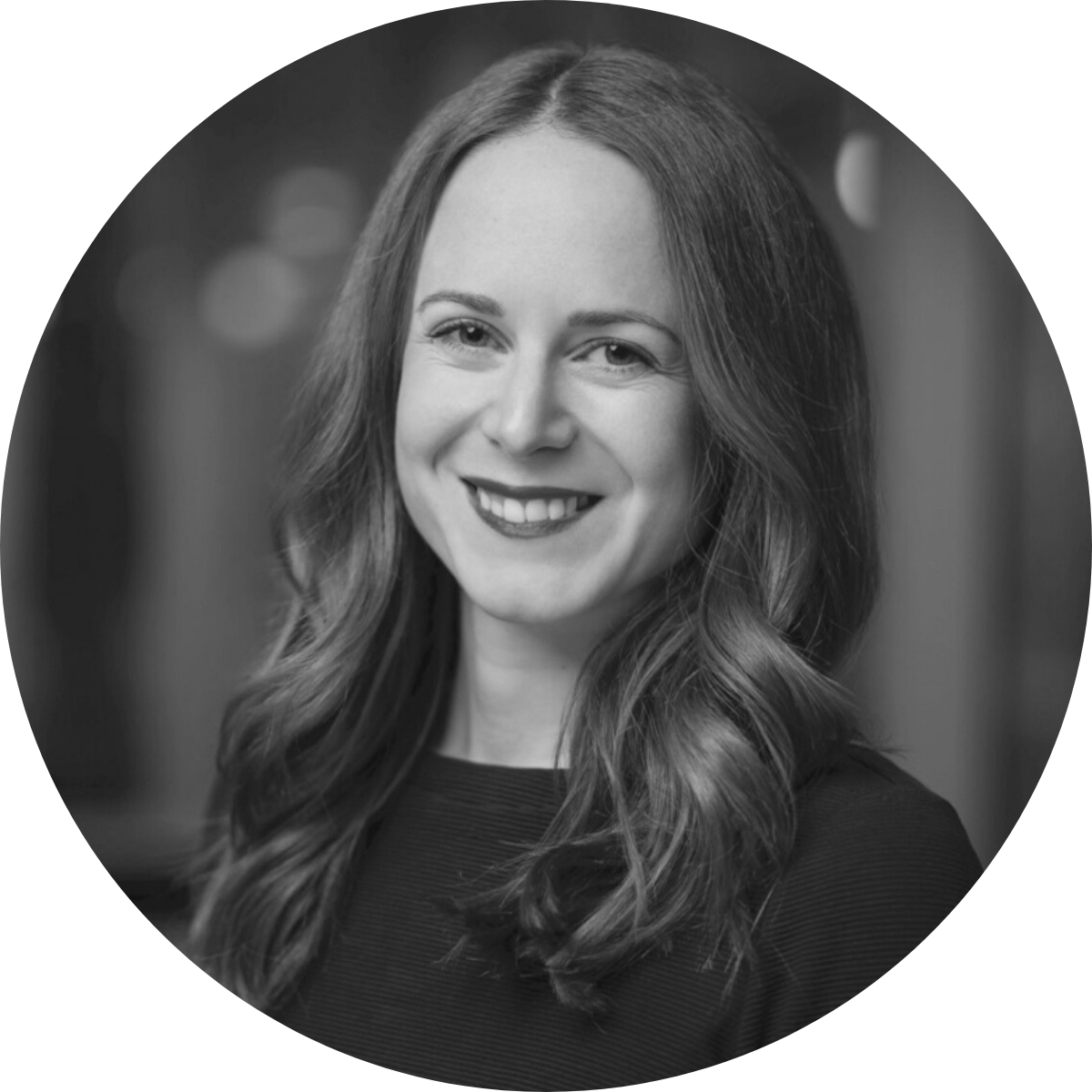
LINA LIAKOU
Global Director, Resilient Cities Network

PHILLIPPE BASTIN
Head of the Trypanosome Cell Biology Unit, Institut Pasteur

AVA LEE
Campaign Strategy Lead, Digital Threats to Democracy, Global Witness
.png)
JEANNETTE ICKOVICS
Samuel and Liselotte Herman Professor of Social and Behavioural Sciences, Yale University

LOVE SSEGA
Artist and Founder of LIVE + BREATHE

ALICE HARRISON
Head of Fossil Fuels Campaigning, Global Witness
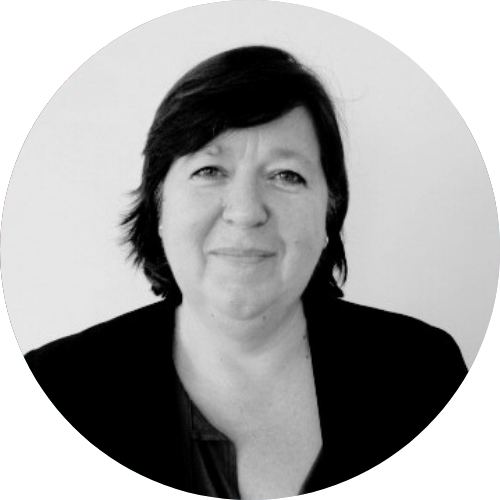
ELLEN 't HOEN
Lawyer & Public Health Advocate, Medicines Policy & Law
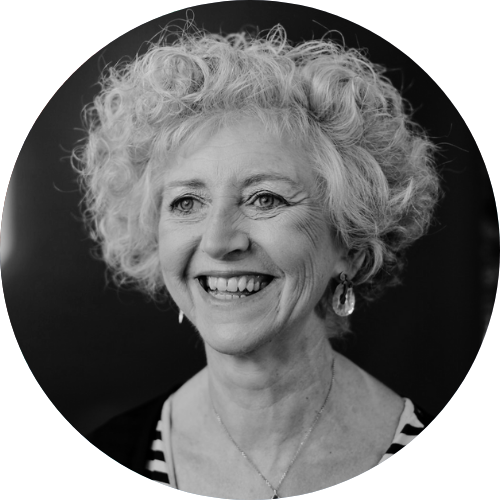
FRANCESCA RACIOPPI
Head of European Center for Environment & Health, The World Health Organization
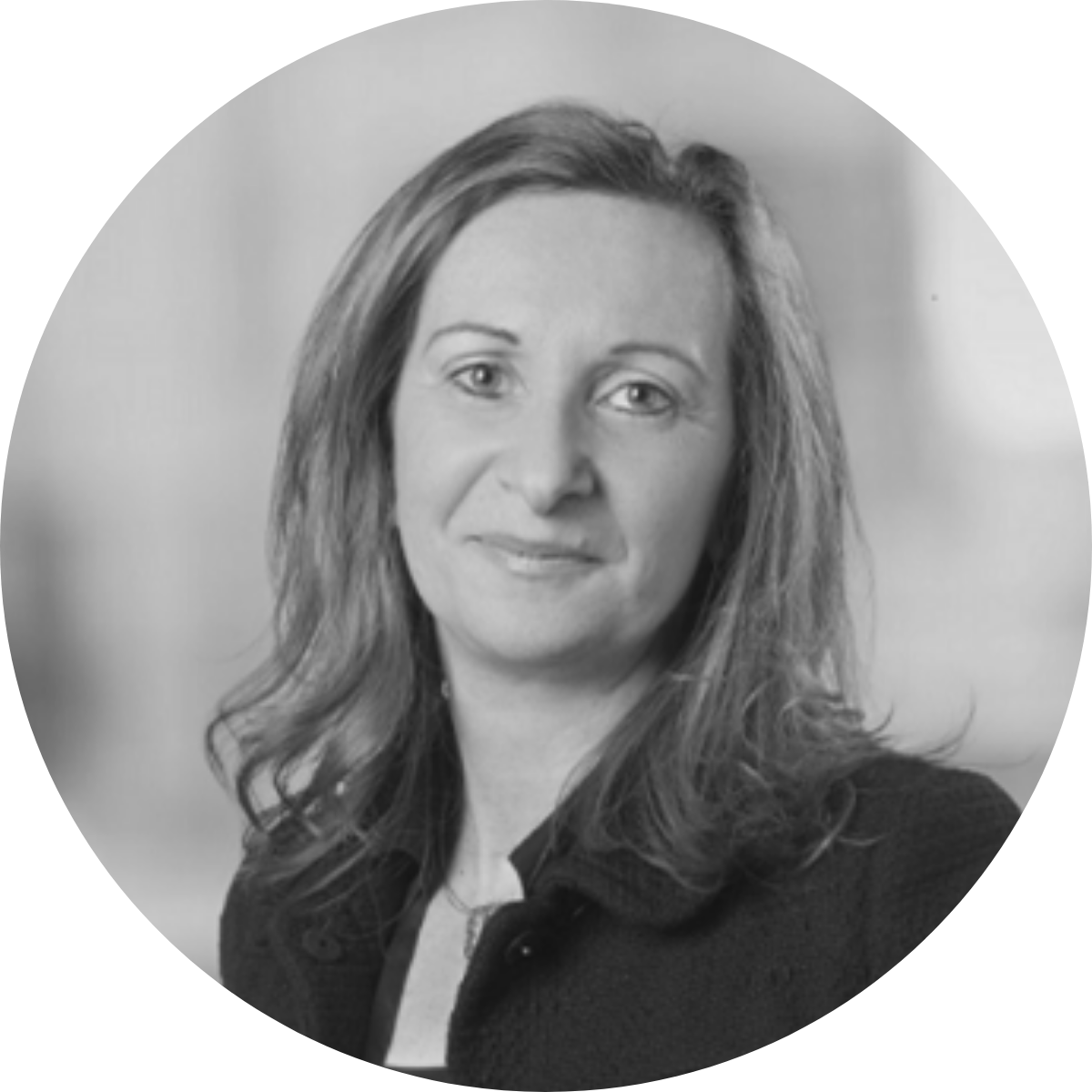
SAMIA SAAD
Senior Advisor to the CEO and Strategic Lead for Climate and Health, CEPI

Founding Partner
Wellcome supports science to solve the urgent health challenges facing everyone. We support discovery research into life, health and wellbeing, and we’re taking on three worldwide health challenges: mental health, infectious disease and climate and health.
Our mission for our climate and health programme is to generate the health evidence for policy action that protects health from climate change. By working with researchers and other organisations, we’re supporting the climate and health field to embed health research into climate policy.
Conference Agenda: Breaking New Ground
Together, we'll explore practical solutions to address the health impacts of climate change.
08:00 - 09:30
Registration and Breakfast
09:30
Welcome Remarks
PAUL VAN ZYL
CEO and Co-Founder, The Conduit

Paul served as the Executive Secretary of South Africa’s post-apartheid Truth and Reconciliation Commission. Paul also co-founded the International Centre for Transitional Justice, an organization that works in over 40 countries that have endured massive human rights violations under repression conflict. Paul is also a co-founder and CEO of Maiyet, an ethical luxury fashion brand that cultivates traditional design and culture by partnering with global artisans. Most recently, Paul co-founded The Conduit, which serves as a home for those committed to improving the world by harnessing the power of creativity and entrepreneurship. The Conduit serves as a home for a diverse community of people passionate about social change.
09:35
In Conversation with Jemilah Mahmood
ALAN DANGOUR
Director, Climate and Health, Wellcome Trust

In January 2022, Alan joined the Wellcome Trust to lead its ambitious new strategy that aims to put health at the heart of global climate change action.
Alan was previously based at the London School of Hygiene & Tropical Medicine for twenty years, where he was a Professor of Food and Nutrition for Global Health and Director of the Centre on Climate Change and Planetary Health. Alan led an interdisciplinary team working on the interconnections between environmental change, food systems and health.
Familiar working in national and international fora, Alan was an Expert Advisor to the Environmental Audit Committee of the UK Parliament and a Senior Research Fellow at the UK Department for International Development.
JEMILAH MAHMOOD
Founding Director, Sunway Centre for Planetary Health

Dr. Mahmood is a medical professional with over 20 years of experience in health crises, disaster response, and conflict settings. She is Professor and founding director of the Sunway Centre for Planetary Health in Malaysia. Prior that that, she served as Special Advisor to Malaysia’s Prime Minister on Public Health, Under Secretary General for Partnerships at the International Federation of Red Cross and Red Crescent Societies and led the World Humanitarian Summit Secretariat at the United Nations. She also founded MERCY Malaysia, an international humanitarian organization in 1999, and served as the independent Chair of Oxfam International.
09:55
Building Climate-Resilient Health Systems
As climate change accelerates, so do its profound impacts on health, from overwhelmed hospitals to shifting disease patterns and supply chain disruptions.
This session will consider how we can design health infrastructure that is not only reactive but also resilient. We will cover:
- Improving transparency and trust in healthcare
- Emergency response, the role of telemedicine in bridging access gaps, and early warning systems
- How renewables can ensure continuity of care and decarbonise health systems
- Using sustainable hospital design to limit environmental impact
- Better public-private collaboration, and innovations in climate and health financing
MODERATOR
SOPHIE O'CONNELL
Senior Policy Advisor, Green Alliance

Sophie is a Senior Policy Adviser in Green Alliance’s low carbon futures theme. She works on climate policy covering health, transport, adaptation and energy. Sophie leads Green Alliance’s health programme, having published two reports on adaptation to extreme heat and the mental health impacts of extreme weather in the UK and worked with the Wellcome Trust to host a climate and health conference in 2024. She also represents Green Alliance in the Healthy Air Coalition.
PANELLISTS
SAUL JOHNSON
Partner - Health, Genesis Analytics

Dr Saul Johnson has worked in healthcare in Africa for over 30 years. He is the Partner in charge of the Health Practice at Genesis Analytics. Saul is a qualified doctor, with further degrees in public health and epidemiology. His areas of expertise include behaviour change communication, epidemiology, research, monitoring and evaluation (M&E), health system improvement, organisational development and change management. Since much of his focus has been on infectious diseases like HIV and TB, Saul was deeply involved in responding to the Covid pandemic, and is reviewing interventions to mitigate the impact of climate change on health systems. Saul started his own consulting company in 2002, Health & Development Africa, which he grew into a 60 person organisation. He sold this company in 2010 to Mott MacDonald, where he worked for another 4 years. He joined Genesis in 2016 to start up a Health Practice there. Saul also has a degree in coaching, and is passionate about passing on his experience to others.
GLYN RICHARDS
Group Director of Sustainability, Bupa

Glyn is Bupa’s Group Director of Sustainability and member of Bupa's Strategic Development Forum. Bupa's purpose is helping people live longer, healthier, happier lives and making a better world.
Reporting into Bupa’s Chief Sustainability and People Officer, Glyn is responsible for the design and implementation of Bupa's global sustainability strategy, which recognises the intersection between, and interdependence of, human health and the health of the planet, and is focussed on creating healthier societies through delivering preventative care, increasing access through digital innovation, making communities healthier through cities and nature, and reducing the impact of healthcare delivery. Glyn also directs delivery of Bupa’s science-based targets and net zero commitments and solutions delivering on Bupa’s climate, health and nature ambitions.
Glyn previously held roles in strategy and legal teams at Bupa, and was admitted as a solicitor in England and Wales in 2009 (although is not currently practicing law).
He is fluent in English and German and has worked in Africa, Asia and Europe.
LAURA CLARKE
CEO, ClientEarth

Laura is a determined optimist driven by the need for positive change in the world. She is committed to addressing the greatest challenges facing our planet - the climate and environmental crises.
Laura joined ClientEarth in September 2022, after two decades in public policy, and in diplomatic roles across Africa, Asia and Europe.
She has worked extensively on climate, environmental and sustainability issues throughout her career, and brings a deep understanding of global policy issues and international relations, alongside extensive senior leadership and partnership-building experience, all of which are critical as we expand our impact globally.
Laura was British High Commissioner to New Zealand, and Governor of the Pitcairn Islands, from January 2018 – July 2022, and High Commissioner to Samoa from March 2018 – December 2019. As British High Commissioner, she worked to strengthen the UK - New Zealand relationship, including through the negotiation of a standard-setting Free Trade Agreement, co-operation with New Zealand and the South Pacific during the UK’s COP26 Presidency, and work on international security. She also enhanced the UK’s relationship with New Zealand Māori: both by acknowledging the wrongs of the past, and in building forward-looking co-operation on trade, culture and climate.
In her role as Governor of the Pitcairn Islands she was responsible for the governance and sustainability of the Islands, and efforts to maximize the benefits of its Marine Protected Area – the fourth largest in the world.
She has worked across the gamut of global policy issues, while living and working in Berlin, Brussels, London, South Africa and New Zealand. She gets her energy from other people, and in building relationships and collaborations to drive the change we need to see.
During her career as a diplomat she was Head of the South Asia Department in the Foreign and Commonwealth Office, and Government Coordinator for India; Political Counsellor in Pretoria, South Africa; Chief of Staff to the Minister for Europe; and worked on Sudan, Yemen and EU Justice and Home Affairs. Her early career was spent in the British Parliament, as Group Co-ordinator of the All-Party Parliamentary Sustainable Waste Group, and in DG Enlargement of the European Commission.
Laura holds an MA in German and Russian from Cambridge University and a MSc in International Relations from the London School of Economics. She is married with three children.
HITEN PATEL
Head of Strategy, Greener NHS

Hiten Patel is the Head of Strategy, Greener NHS, part of the England’s National Health Service initiative to decarbonise the healthcare systems. Hiten was part of the NHS team that developed and co-authored the world’s first net zero healthcare strategy, Delivering a Net Zero National Health Service. Hiten leads on strategy and policy of the NHS’ net zero strategy across the NHS in England. Hiten has experience of working across government and within the NHS in England.
GARY WHITE
CEO and Co-Founder, Water.org

Gary White is a globally recognized expert in the water and sanitation sector with more than 30 years of experience working to solve the global water crisis. As CEO and Co-founder of Water.org, WaterEquity, and WaterConnect, he has been at the forefront of developing sustainable, scalable solutions that have empowered millions of people with lasting access to safe water and sanitation.
Gary is a trusted advisor to global organizations, including Inditex, Reckitt, Amazon Web Services, Bank of America, and the Water Resilience Coalition, offering strategic guidance on solving the water crisis. His work has earned him accolades such as the Fulbright Prize for International Understanding, inclusion on the TIME100 list, and the Forbes 400 Lifetime Achievement Award for Social Entrepreneurship.
Gary holds three degrees in Civil and Environmental Engineering from the University of North Carolina at Chapel Hill and Missouri University of Science & Technology.
10:40
Fighting Infectious Diseases
In an era of global connectivity and environmental disruption, infectious diseases are evolving at an alarming pace. But so are the solutions.
This discussion will move beyond the crisis narrative to explore breakthrough technologies, policy shifts, and community-driven solutions. We will cover:
- How climate change accelerates the spread of infectious diseases
- The latest innovations in disease surveillance and rapid response
- How to address the market for antibiotics to tackle AMR and encourage more drug development
- International collaboration to stop the next crisis before it begins
- The potential impact of the global pandemic preparedness treaty
MODERATOR
CHARLOTTE KILPATRICK
Reporter, The Conduit

Charlotte Kilpatrick is The Conduit’s reporter covering health, sustainability, and innovative solutions. She has written for many major publications including The Guardian, The New Statesman, and The Economist. Before joining the team, she worked as a business journalist reporting on intellectual property and insurance. Her special interests include access to medicine, and political behaviour.
PANELLISTS
DAMIEN NG
Executive Director, Next Generation Research, Julius Baer
.png?width=200&height=200&name=Damien%20Ng%20(1).png)
Dr. Damien Ng is a Thematic Research Analyst in Julius Baer’s Next Generation Research. Damien focuses on demographics, healthcare and consumption issues under the ‘Future Health’ theme. Prior to joining Julius Baer in Zurich, he previously worked in Paris, Tokyo, and his home country, Singapore, for Goldman Sachs and Reuters. In addition to a PhD from Durham University in the United Kingdom, Damien has a Bachelor’s degree in Electrical Engineering from the National University of Singapore, and Executive Certificates in Drug Development and Discovery from the Harvard Medical School, as well as in Nutrition Science and Exercise Physiology from Stanford University. He is also the author of a peer-reviewed book released by London-based publishing house Routledge.
ANTHONY MCDONNELL
Policy Fellow, Centre for Global Development

Anthony is a policy fellow in CGD’s global health policy team. He leads CGD’s work on antimicrobial resistance (AMR), including modelling the macro-economic burden of AMR and was previously the technical lead of CGD’s working group, A New Grand Bargain to Improve the Antimicrobial Market for Human Health. He has also led projects analysing the COVID-19 vaccine portfolio, examining policy interventions to protect the supply chains for pharmaceuticals from COVID-19-induced shocks, and contributed to the international Decision Support Initiative’s work in Ethiopia.
Before joining CGD, he was Head of Economic Research for the UK’s Independent Review into AMR which was set up by the UK government and the Wellcome Trust; led a Wellcome Trust project examining how it could fund more economic research; a research associate at ODI working on the political economy of why governments role out health services in LMICs, (particularly those aimed at reaching the left behind); and a senior health economist at the University of Oxford, modelling the cost of malaria interventions.
Anthony has a master’s in public and economic policy from the London School of Economics, and his undergraduate degree is from Trinity College Dublin.
Anthony is a policy fellow at the Center for Global Development, an independent, non-partisan think tank, where he leads the organisation’s work on antimicrobial resistance (AMR). He was formerly head of economic research for the UK’s Independent Review into AMR, set up by the UK government.
PHILLIPPE BASTIN
Head of the Trypanosome Cell Biology Unit, Institut Pasteur

Philippe Bastin was raised in the Belgian countryside, his early curiosity about the natural world led him to study biology and earn a PhD from the de Duve Institute focused on the parasite responsible for sleeping sickness. His discovery work has been recognised with prestigious awards, including the SmithKline Beecham award in 1991, and he played a key role in uncovering a powerful genetic process, RNA interference, that helps scientists understand how parasites function.
Now based at the renowned Institut Pasteur in Paris, Philippe leads a cutting-edge research team exploring how parasites like trypanosomes live, move, and spread disease. His group breeds tsetse flies in the lab to study the full life cycle of these parasites in detail. His findings have changed the way scientists think about diagnosing these infections and opened new doors in global health research.
Philippe is also part of the team leading the Institut Pasteur’s 2030 strategy on Environmental Transitions and Health, tackling one of the most urgent questions of our time: how climate change is reshaping the landscape of infectious diseases. He is the scientific coordinator for the institute’s new unique vector-borne disease research centre, bringing together top scientists to develop solutions at the crossroads of climate, ecosystems, and public health.
ELLEN 't HOEN
Lawyer & Public Health Advocate, Medicines Policy & Law

Ellen ‘t Hoen, LLM PhD, is a lawyer and public health advocate with over 30 years of experience working on pharmaceutical and intellectual property policies. From 1999 until 2009 she was the director of policy for Médecins sans Frontières’ Campaign for Access to Essential Medicines. In 2009 she joined UNITAID in Geneva to set up the Medicines Patent Pool (MPP). She was the MPP’s first executive director until 2012. Between 2005 and 2021she was listed 5 times as one of the 50 most influential people in intellectual property by the journal Managing Intellectual Property. She has worked as an advisor to governments, NGOs and international organisations. She is currently a global health law fellow at the law faculty of the University of Groningen, The Netherlands. In 2020, she was appointed Officer of the Order of Oranje-Nassau by the King of the Netherlands for her international work on equitable access to affordable medicines. She has published widely on medicines law and policy issues. Herbook “Private Patents and Public Health: Changing intellectual property rules for public health” was awarded the Prescrire Prize in 2017 for being a “major reference work on access to medicines” by the French healthcare journal La Revue Prescrire. She has a Masters of Laws from the University of Amsterdam and a PhD from the University of Groningen.
SAMIA SAAD
Senior Advisor to the CEO and Strategic Lead for Climate and Health, CEPI

Samia is Senior Advisor to the CEO and Strategic Lead for Climate and Health at the Coalition for Epidemic Preparedness Innovations (CEPI). Previously Samia was Executive Director of Resource Mobilisation & Investor Relations responsible for the strategic engagement with sovereign governments, philanthropic foundations, multi-lateral development banks and a wide range of other stakeholders to ensure CEPI’s sustainability. Prior to taking on her roles at CEPI, Samia was the Bill & Melinda Gates Foundation (BMGF) representative on the CEPI Investor Council and observer to the Board.
During the previous seven years, Samia developed and lead BMGF’s Global Health R&D and Epidemic Preparedness Policy, Advocacy and Communications strategy. Prior to that, Samia spent many years as a technical advisor to EU donor governments and multi-lateral health agencies, defining science and research priorities and conducting policy analysis for better access to medicines and vaccines in low-income countries.
Samia has also worked as a medicines policy analyst at the WHO in Geneva and Cairo and as Strategy Manager at the UK BioIndustry Association (BIA) where she led initiatives that focused on securing an enabling research policy and financing environment in the EU, fostering global bioscience partnerships and developing research & innovation strategies. Samia holds a BSc. (Honours) in Biochemistry from Imperial College, London and an MSc. in International Health Policy & Health Economics from the London School of Economics & Political Science and spent several years as biomedical researcher conducting doctoral studies at King’s College London and post doctoral studies Harvard Medical School.
11:25
Networking Break
11:55
Solutions for a Warming World
Extreme heat is one of the deadliest climate threats, costing around half a million lives a year.
With rising temperatures threatening life, straining infrastructure, and deepening social inequalities, this session will cover:
- The latest scientific findings on heat exposure and its effects
- How cities are responding with cooling strategies and infrastructure adaptations
- Innovations in early-warning systems
- How business, healthcare, and policy can collaborate to build resilience
MODERATOR
FIONA WALKER
Global Health Editor, The Bureau of Investigative Journalism
.png?width=200&height=200&name=Fiona%20Walker%20(1).png)
Fiona is an award-winning journalist, documentary-maker and podcaster. Fiona worked at the BBC for 22 years and is now Global Health Editor at The Bureau of Investigative Journalism. At the Bureau, she leads a team focused on investigating the wrongs that put people’s health at risk, holding those in power to account and making the journalism impactful to drive improvements in global health. This includes climate and health, antimicrobial resistance and access to medicine. As an investigative reporter, she has reported for BBC Panorama and other BBC documentary series.
PANELLISTS
PETER BABUDU
Executive Director, Impact on Urban Health, Guy's & St Thomas' Foundation
.png?width=200&height=200&name=Paul%20van%20Zyl%20(2).png)
Peter leads all areas of work at Impact on Urban Health.
Peter has been the Executive Director for Impact on Urban Health since 2023.
Peter brings together our programmes’ funding and partnerships, as well as the work of our data, evidence and innovation teams in support of our urban health work. Peter brings a range of experience in senior leadership roles, in organisations including the Youth Endowment Fund and The Social Innovation Partnership. He also previously served as a Councillor in Southwark Council and as Chair of Blagrave Trust.
DIMPLE RANA
Associate, Environmental Physics, Arup
-1.png?width=200&height=200&name=image%20(5)-1.png)
Dimple Rana is an environmental physics engineer with a focus on urban heat, microclimate, and climate resilience. At Arup, she leads work helping cities better understand and respond to rising temperatures. Dimple developed the UHeat Tool, which applies academic models to real-world scenarios to analyse urban heat risks and solutions. She has helped cities like London and Auckland identify heat-vulnerable areas and created strategies to reduce the impacts of extreme heat on their populations. Her work brings together climate science, urban design, and systems thinking to support more heat-resilient places.
LINA LIAKOU
Global Director, Resilient Cities Network

Lina Liakou is the Global Director of the Resilient Cities Network, where she leads engagement with 101 member cities worldwide and directs the organization’s strategy and resilience practice. Her work focuses on advancing urban resilience by operationalizing knowledge, enabling peer-to-peer learning, and building the capacity of city practitioners. A recognized expert in urban governance and resilience, Lina brings decades of experience in shaping inclusive, adaptive, and future-ready urban systems.
Before R-Cities, Lina served as Deputy Mayor and Chief Resilience Officer for the City of Thessaloniki, Greece. In that role, she spearheaded strategic partnerships with the European Commission, the European Investment Bank, and the World Bank. Earlier in her career, she was Chief Executive of the Metropolitan Development Agency of Thessaloniki, where she oversaw the coordination of national and international urban development projects.
Lina is trained as an architect and urban designer at the Bartlett School of Architecture in London and was named a Marshall Memorial Fellow (2015) by the German Marshall Fund of the United States.
JEANNETTE ICKOVICS
Samuel and Liselotte Herman Professor of Social and Behavioural Sciences, Yale University
.png?width=200&height=200&name=Jeannette%20Ickovics%20(1).png)
Jeannette Ickovics is the Samuel and Liselotte Herman Professor of Social and Behavioral Sciences and Professor of Psychology at Yale University. Dr. Ickovics’ research, funded with >$40 million from NIH, CDC, and private foundations investigates the interplay of complex factors that influence individual and community health, especially for those traditionally underserved. She is author of nearly 250 publications in maternal health, mental health, and community health. Her newest work focuses on global climate resilience, health, and equity in collaboration with the Resilient Cities Network and the Sustainable Markets Initiative. At the Yale Center on Climate Change and Health, she is Director of the Program on Climate Change and Urban Health. Dr. Ickovics is the recipient of numerous awards for research and mentorship. She is a Fellow of the American Psychological Association where she also serves as Chair of the Board of Scientific Affairs, and an elected member of the Academy of Behavioral Medicine Research.
FRANCESCA RACIOPPI
Head of European Center for Environment & Health, The World Health Organization

Francesca Racioppi is the Head of the World Health Organization European Centre for Environment and Health in Bonn, Germany.
Francesca has more than 30 years of international experience in environment and health policies and science. Her work experience includes sustainable and healthy transport and urban policies and interventions, the promotion of “health in all policies” approaches, climate change, One Health, health impact assessment, violence and injury prevention, and consumer safety.
In 2018 she was awarded a Honorary Doctorate by the Swedish School of Sport and Health Science in Stockholm, Sweden, for her leading engagement in environmental health and active transport.
12:40
A Presentation by Global Witness
ALICE HARRISON
Head of Fossil Fuels Campaigning, Global Witness

Alice has over fifteen years’ experience as a campaign strategist working to persuade governments to protect our climate and environment. She is currently Head of Fossil Fuels Campaigning at Global Witness, which exposes how the industries fuelling the climate crisis profit from destruction and stands with the people fighting back. Previously Alice worked at the non-profit Transparency International, where she worked with a global team based across Latin America, Africa and Asia to ensure climate finance was reaching those who needed it most. She began her career as a news writer at Deutsche Welle, Germany’s state broadcaster.
11:30 - 12:30: BREAKOUT SESSION - INVITE ONLY
Clean Air: Unlocking the Health Co-Benefits of Corporate Climate Action
Air pollution is one of the most urgent public health and environmental challenges of our time. Sitting at the intersection of climate and health, air quality presents an opportunity for businesses to accelerate their sustainability agendas and to help make informed investment decisions. This breakout session in collaboration with Clean Air Fund showcases how the private sector is improving air quality through effective reporting and governance, engaging communities and supply chains, and driving the financial case for action.
To express your interest in attending this session, contact the Conduit Live team below.
.png?width=150&height=150&name=Partners%20Logos%20(59).png)
12:45
Protecting Mental Health in a Climate Crisis
The mental health impacts of climate change are vast but often overlooked. Alongside the physical risks – wildfires, hurricanes, rising sea levels, and extreme heat – communities on the frontlines face deep emotional and psychological strain, and younger generations grapple with eco-anxiety and feelings of helplessness about the future. This session will cover:
- The scale and nature of climate-related mental health impacts
- How healthcare support structures and policy interventions can help
- Community-based innovations
- Developing trauma-informed care
- Nature-based therapies
- The disproportionate effects of mental health on the global south and small island states
Followed by a short presentation from our partners at Global Witness.
MODERATOR
TORI TSUI
Climate Activist and Writer

PANELLISTS
COLLINS IWUJI
Faculty in Population Science, Africa Health Research Institute
.png?width=200&height=200&name=Collins%20Iwuji%20(1).png)
Professor Collins Iwuji is Professor of Global Health and HIV Medicine at the Brighton and Sussex Medical School, University of Sussex, and an Honorary Consultant Physician at University Hospitals Sussex NHS Foundation Trust, UK. He is a faculty member in Population Science and the Academic Lead of the Health and Demographic Surveillance System at the Africa Health Research Institute (AHRI), South Africa. Based at AHRI, his interdisciplinary research spans clinical medicine, population science, and climate change and health.
His work focuses on evaluating interventions to strengthen health system resilience to extreme weather events, climate change and HIV, as well as climate change and mental health. Collins also serves on the Wellcome Trust Population and Public Health Advisory Group, the WHO Technical Advisory Group on Embedding Ethics in Health and Climate Change, and the interim Steering Committee of the African Population Cohorts Consortium.
ANDREA MECHELLI
Professor of Early Intervention in Mental Health, King's College London

Andrea Mechelli is Professor of Early Intervention in Mental Health at the Institute of Psychiatry, Psychology & Neuroscience, King’s College London and a Clinical Psychologist in the NHS. His research uses smartphone technologies, electronic health records, and machine learning to examine the impacts of climate change on mental health. He leads Urban Mind, a cross-disciplinary study exploring how urban living affects mental wellbeing, and NatureBoost, a project helping people reconnect with nature to support mental health.
SARAH KLINE
Co-Founder and CEO, United for Global Mental Health
.png?width=200&height=200&name=Sarah%20Kline%20(1).png)
Sarah Kline is Co-Founder and CEO of United for Global Mental Health, a UK-based global mental health charity that exists to advocate, campaign and fundraise for greater political and financial
support for mental health around the world. Over the course of her career, she has developed and delivered successful national and international campaigns and initiatives aimed at governments, international institutions and political parties at the highest levels. From 2011 to
2017 she worked at the World Health Organisation in a variety of positions focused on polio eradication, and public health emergencies including the Ebola outbreak of 2014. Prior to working for WHO, she founded Malaria No More UK, an NGO dedicated to helping end malaria.
Sarah has worked for the British government (in DFID and the FCO), the World Bank, Oxfam GB and a private lobbying company in Washington DC. She is an experienced media spokesperson:
appearing in numerous national and international broadcast and print outlets.
THOMAS DOHERTY
Author, Surviving Climate Anxiety: A Guide to Coping, Healing and Thriving

Dr. Thomas Doherty is a clinical and environmental psychologist based in Portland, Oregon, with a specialty addressing personal and societal concerns about environmental issues and climate change. He is a fellow of the American Psychological Association, Past President of the Society for Environmental, Population and Conservation Psychology, and Founding Editor of the academic journal Ecopsychology. His multiple publications on climate change issues include the groundbreaking paper “The Psychological Impacts of Global Climate Change,” co-authored by Susan Clayton, cited over 1100 times. Thomas co-hosts the Climate Change and Happiness podcast. Thomas Doherty's new book Surviving Climate Anxiety: A Guide to Coping, Healing, and Thriving arrives this fall.
Thomas Doherty has provided workshops and training for the US National Park Service, the New Zealand Department of Conservation, the Association of Zoos and Aquariums, the California Department of Health, and British Association for Behavioural and Cognitive Psychotherapies.
13:30
A Presentation by Global Witness
VANESSA NAKATE
Climate Justice Activist

Vanessa is a climate justice activist from Uganda, dedicated to raising awareness about the impacts of the climate crisis – especially on the African continent – and advocating for climate justice.
As the author of A Bigger Picture, Vanessa aims to bring a new African voice to the climate crisis and taking opportunities to contribute her skills and knowledge to work with frontline communities and drive positive change in climate action.
Vanessa is the Co-founder of the Tard Foundation.
AVA LEE
Campaign Strategy Lead, Digital Threats to Democracy, Global Witness

For the last five years, Ava has built and led a team of investigators, researchers, advocates and comms specialists working to combat some of the biggest harms caused by Big Tech companies.
This has included exposing how Meta’s job advertising algorithm discriminates along gender lines, breaching equalities legislation, and a series of investigations that have demonstrated how companies including Meta, TikTok, X and Youtube are unprepared to deal with incitement to genocide and violence (in Myanmar and Ethiopia), and are equally unprepared to deal with serious electoral misinformation ahead of significant elections (including in the US, Brazil, Kenya, UK, South Africa, Ireland and India). For the last year, she has also headed up a climate disinformation unit - with work including exposing a bot network supporting Azerbaijan’s COP presidency. Her team’s work has been featured across all of the major wires and top-tier publications, including the New York Times, the Washington Post, the BBC, AP, PA and AFP.
13:35
Lunch
14:35
Tackling the Health Crisis of Air Pollution
Rising temperatures, wildfires, and industrial emissions are having a devastating impact on air quality. As this pollution drives a rise in respiratory diseases, cardiovascular conditions, and premature deaths, this session investigates how the healthcare sector can respond. This session will cover:
- How vulnerable populations – children, the elderly, low-income communities – bear the heaviest burden
- How city-level clean-air policies can drive health benefits
- The role of the health sector in protecting air quality
- Public awareness and advocating for clean air policies
- Preventative care and behavioural change
MODERATOR
ALEJANDRO COLSA PEREZ
Head of Breathe Cities, C40 Cities

Alejandro is C40’s Head of Breathe Cities, the global initiative supporting cities around the world to cut their air pollution and climate emissions. In this role, Alejandro oversees the delivery of C40’s main lines of work in the Breathe Cities partnership, working closely with our partners, funders, and across the multiple C40 teams engaged in this programme.
Alejandro has over ten years of experience in delivering air quality, climate and environmental sustainability action across the public and private sectors. Prior to joining C40, Alejandro was the Head of Air Quality in the Environment and Energy team at the Greater London Authority (GLA) under Mayor Sadiq Khan. As part of this role, he has overseen the development and implementation of large and complex air quality programs, including the Ultra Low Emission Zone (ULEZ), and its expansion London-wide in August 2023. In previous roles at the Greater London Authority, Alejandro played a central role in the development and implementation of the city’s Green New Deal (GND) programme, leading the programme’s external and internal engagement and partnership activities.
Prior to joining the GLA, Alejandro was awarded a Fulbright scholarship which helped him kickstart his career centered around his passion for environmental justice, which he continued after graduation with a set of international professional experiences ranging from working with a community-based organisation in New York City, to intergovernmental experience at the World Health Organization in Geneva, to working at a European environment think tank based in London and Brussels. Alejandro holds a Master’s degree in environmental sustainability from the University of Edinburgh and a Master’s degree in environmental justice and public policy from the University of Michigan.
PANELLISTS
ZONGBO SHI
Professor of Atmospheric Biogeochemistry, University of Birmingham

JANE BURSTON
CEO, Clean Air Fund

Jane Burston founded and leads Clean Air Fund. Before setting up the organisation Jane worked as Head of Climate and Energy Science in the UK Government, where she was responsible for the UK greenhouse gas inventory and a £45m science programme. Previously, as Head of Energy and Environment at the National Physical Laboratory she managed a team of 150 scientists working in air quality, greenhouse gas measurement and renewable energy.
Jane has a background in social enterprise and management consulting and a first-class degree in Philosophy from the University of Cambridge.
Jane has spoken at Davos and the UN General Assembly. She has been interviewed about air pollution and the movement for clean air by the New York Times, BBC, Times Radio and for numerous podcasts. In January 2021, Jane delivered a Letter to the 21st Century on BBC Radio 4. In 2020, Jane was profiled as one of WIRED’s changemakers of tomorrow. She was named as a ‘Young Global Leader’ of the World Economic Forum, as one of the ‘40 under 40 European Young Leaders’ by Friends of Europe and was previously a UK Social Entrepreneur of the year.
Jane is also a trustee of Parkinson’s UK and a keen triathlete.
MARINA ROMANELLO
Executive Director, Lancet Countdown

Marina is the Executive Director of the Lancet Countdown: Tracking Progress on Health and Climate Change, an independent and multi-disciplinary research collaboration between almost 100 academic centres around the world, and headquartered at University College London’s Institute for Global Health. She is also a member of the UK's Climate Change Adaptation Committee, and is one of the seven global experts selected to refine the Global Goal on Adaptation indicators for health under the Paris Agreement. Marina trained as a clinical biochemist in the University of Buenos Aires, Argentina, and holds a PhD in biomedical sciences from the University of Cambridge. Her research background spans from toxicology through to environmental health and climate change, and before joining the Lancet Countdown she carried out her research in the Instituto Tecnologico de Buenos Aires, the University of Cambridge, and the Francis Crick Institute in London, UK.
AGNES AGYEPONG
Founder and CEO, Global Child and Maternal Health
.png?width=200&height=200&name=Agnes%20Agyepong%20Headshot%20(1).png)
Agnes Agyepong, a maternal health advocate and former Head of Engagement at a national charity, is founder and CEO of Global Child and Maternal Health, and the first-of-its-kind study Black Child Clean Air and Black Child SEND.
Her work has been recognised by Beyoncé, and was one of ten organisations in the UK and Europe to be awarded $10000 USD from Beyoncé’s BeyGOOD foundation. Her work on Clean Air has received wide national support from the Mayor of London, the president of the Royal College of Obstetrics and Gynaecology and the wider environmental community.
A member of the Nursing and Midwifery Council and key contributor to NHS England's Maternity Transformation Programme, Agnes plays a crucial role in shaping policy and practice in the healthcare community. She sits on the NIHR ARC Maternity and Perinatal Mental Health PPI (patient and public involvement) strategy committee. She is a founding member of the Maternity Mental Health SEL steering group and the Service User Voice Representative (Patient and Public Voice - PPV - Partner) for the UK’s Maternity Transformation Programme. Agnes has published and spoken extensively about the need for maternal health research to become more diverse and inclusive.
As a key speaker, her credits include the British Medical Association, The Royal College of Midwifery, Royal Society of Medicine, NHS and the Westminster Health Forum. She is a named author on the Babies in Lockdown Report and supported the UK government on the flagship Early Years Healthy Development Review, a review into improving health and development outcomes for babies in England.
ELLIOT TREHARNE
Assistant Director for Connectivity, Air Quality, Transport and Infrastructure, Greater London Authority

Elliot Treharne is a specialist in urban, transport and environmental policy and is currently Assistant Director for Connectivity, Air Quality, Transport and Infrastructure at the Greater London Authority. Elliot leads on the development and delivery of the Mayor's policies relating to these areas in conjunction with the Mayor’s Office, Transport for London (TfL), the UK Government and other partner agencies and providers. Elliot was previously Head of Air Quality with responsibility for London’s air quality, transport decarbonisation and green transport programmes including the Ultra Low Emission Zone. Elliot’s career started with the United Nations, with placements in New York and Tanzania. Following these Elliot joined Transport for London developing London’s congestion charging scheme. In 2015 he also undertook a six-month secondment working as Clean Air Advisor in the Office of Los Angeles Mayor Eric Garcetti.
15:15
Ensuring Sustainable Food Security
- The role of regenerative agriculture, innovations in sustainable farming, including soil health and alternative proteins.
- Equity lens and innovations addressing disparities
- Shortening food supply chains
- Combatting food loss and waste
- Ensuring sustainable and equitable access to healthy diets
MODERATOR
HANNAH PATHAK
CEO, Forum for the Future

Hannah Pathak, CEO at Forum for the Future, holds over two decades of experience working in climate change and related fields, leading international partnerships across the development, humanitarian and sustainability sectors. As CEO, Hannah leads Forum’s international team across the US, UK, India and Southeast Asia, and co-directs the Climate and Health Coalition, a collaboration focused on the role of the private sector in driving action on this critical intersection.
Throughout her career, Hannah’s focus has been on NGO, corporate and academic partnerships, including leading high-profile initiatives such as the HSBC Climate Partnership and the HSBC Water Programme at Earthwatch. At Rescue Global, Hannah led and supported disaster response and preparedness operations to humanitarian crises around the world.
PANELLISTS
ALEJANDRO GUARIN
Food Systems Transformation Lead, World Benchmarking Alliance
.png?width=200&height=200&name=Alejandro%20Guarin%20(2).png)
Alejandro Guarin is the food systems transformation lead at the World Benchmarking Alliance, where he works to ensure that companies contribute to building a fairer and more sustainable food system. Alejandro’s research, advocacy, and policy engagement includes social and environmental issues related to smallholder agriculture, markets, value chains, and consumption. He has experience working in countries across Africa, Asia, Latin America, and Europe. Previously he was food systems lead at IIED in London, a researcher with the German Development Institute in Bonn, and a consultant for FAO. He has a PhD in geography from Berkeley and studied biology at the National University of Colombia.
STUART GILLESPIE
Author, 'Food Fight'

Stuart Gillespie has been fighting to transform our dysfunctional food system for the past forty years. Stuart worked with a range of UN agencies across the world, before joining the International Food Policy Research Institute in 1999. Here he founded the Regional Network on AIDS, Livelihoods and Food Security, the Transform Nutrition research consortium, a flagship Agriculture for Nutrition and Health programme and the Stories of Change initiative, amongst a host of other interventions in public food and nutrition policy. Stuart's newsletter, Food Fight Files, tackles the political and commercial drivers of food injustice and malnutrition and what can and should be done about them.
AZADEH FARAJPOUR
Founder, betterSoil

Azadeh Farajpour is a scientist, entrepreneur, and founder of betterSoil – for a better world, an agri-climate tech startup using space technology to improve soil health for climate resilience and sustainable agriculture. Raised on a farm, Azadeh blends deep personal roots with scientific expertise. She holds an MSc in Sustainable International Agriculture from the Universities of Göttingen and Kassel, Germany. Supported by the European Space Agency and Google Startups for Sustainable Development, betterSoil partners with agribusinesses to integrate regenerative soil practices into food supply chains—enhancing yield stability, profitability, and long-term sustainability.
15:45
Networking Break
16:05
Reflections on Leadership: In Conversation with Mary Robinson
A reflection on the moral and political dimensions of climate and health.
Mary will speak about her own journey - from human rights to her exploration of the planetary boundaries and climate injustice - and why these challenges must be tackled through citizen action and truly global leadership.
MARY ROBINSON
Former President of Ireland
.png?width=200&height=200&name=Paul%20van%20Zyl%20(3).png)
Mary Robinson is a co-founder of Project Dandelion, which is a women-led global campaign for climate justice, Adjunct Professor for Climate Justice at Trinity College Dublin, and a member of The Elders and the Planetary Guardians. She served as President of Ireland from 1990-1997 and UN High Commissioner for Human Rights from 1997-2002. She is a member of the Club of Madrid and the recipient of numerous honours and awards including the Presidential Medal of Freedom from the President of the United States Barack Obama. Between 2013 and 2016, Mary served as the UN Secretary General’s Special Envoy in three roles; first for the Great Lakes region of Africa, then on Climate Change leading up to the Paris Agreement and in 2016 as his Special Envoy on El Niño and Climate. Her Foundation, the Mary Robinson Foundation – Climate Justice, established in 2010, came to a planned end in April 2019.
A former President of the International Commission of Jurists and former chair of the Council of Women World Leaders she was President and founder of Realizing Rights: The Ethical Globalization Initiative from 2002-2010 and served as Honorary President of Oxfam International from 2002-2012. She was Chancellor of the University of Dublin from 1998 to 2019.
Mary Robinson serves as Patron of the International Science Council and Patron of the Board of the Institute of Human Rights and Business, is an Ambassador for The B Team, in addition to being a board member of several organisations including the Mo Ibrahim Foundation and the Aurora Foundation. Recently she became joint Honorary President of the Africa Europe Foundation. Mary’s memoir, ‘Everybody Matters’ was published in September 2012 and her book, ‘Climate Justice - Hope, Resilience and the Fight for a Sustainable Future’ was published in September 2018. She is also co-host of a podcast on the climate crisis, called ‘Mothers of Invention’.
PAUL VAN ZYL
CEO and Co-Founder, The Conduit

Paul served as the Executive Secretary of South Africa’s post-apartheid Truth and Reconciliation Commission. Paul also co-founded the International Centre for Transitional Justice, an organization that works in over 40 countries that have endured massive human rights violations under repression conflict. Paul is also a co-founder and CEO of Maiyet, an ethical luxury fashion brand that cultivates traditional design and culture by partnering with global artisans. Most recently, Paul co-founded The Conduit, which serves as a home for those committed to improving the world by harnessing the power of creativity and entrepreneurship. The Conduit serves as a home for a diverse community of people passionate about social change.
16:25
Thirst: In Search of Freshwater
Wellcome Collection presents Thirst: In Search of Freshwater, a free major exhibition exploring humanity’s vital connection with freshwater as an essential source of life and a pillar of good health for both living beings and land masses
JANICE LI
Curator - Thirst: In Search of Freshwater, Wellcome Collection
.png?width=200&height=200&name=Janice%20Li%20(1).png)
Janice Li is a curator at Wellcome Collection (London, UK) and has curated exhibitions such as Thirst: In Search of Freshwater (2025-26), The Cult of Beauty (2023-24) and The Healing Pavilion (2022-23). Her work is seen internationally at institutions such as the Victoria & Albert Museum, MoMu Antwerp, London Design Biennale, Milan Design Week and Venice Design. She advocates for transdisciplinary practices across the arts, humanities and sciences as agents of change, particularly in relation to ecology and intersectionality. By connecting fields of study such as visual and material cultures, archaeology, and anthropology, to include research into health, data science and philosophical ethics, she nurtures more comprehensive ways of understanding environmental and social justice.
KARAN SHRESTHA
Artist

Karan Shrestha is an artist based in Kathmandu and Delhi. His artistic practice includes drawings, sculpture, photographs, films and texts that speak to the complex, entangled relations of Nepal’s recent history. Shrestha’s works are an archive of the terrain, political histories and transient memories, and a speculative world that suspends reality, to question ideas of progress while drawing connections to the ecological, cultural and socioeconomic dimensions of Nepali life. Shrestha has presented work in numerous regional and international institutions.
16:45
A Word from Love Ssega
LOVE SSEGA
Artist and Founder of LIVE + BREATHE

Love Ssega is a musician, performer and current Southbank Centre Associate Artist. He is also the founder of collaborative Black-led Clean Air movement LIVE +BREATHE, which uses art, culture and outdoor activities to raise under-represented voices through creative agency and joy. His wide-ranging artistic career has seen him perform at Glastonbury, exhibit at MoMA PS1, be commissioned by the National Gallery and was Artist-in-Residence for Philharmonia Orchestra. He is a Trustee of Brian Eno-led charity EarthPercent and is writing a debut fiction novel.
16:50
Final Remarks
PAUL VAN ZYL
CEO and Co-Founder, The Conduit

Paul served as the Executive Secretary of South Africa’s post-apartheid Truth and Reconciliation Commission. Paul also co-founded the International Centre for Transitional Justice, an organization that works in over 40 countries that have endured massive human rights violations under repression conflict. Paul is also a co-founder and CEO of Maiyet, an ethical luxury fashion brand that cultivates traditional design and culture by partnering with global artisans. Most recently, Paul co-founded The Conduit, which serves as a home for those committed to improving the world by harnessing the power of creativity and entrepreneurship. The Conduit serves as a home for a diverse community of people passionate about social change.
17:00 - 18:30
Cocktails and Canapés
The conference starts in
This conference brought experts together to explore how insurance can support government priorities, manage green transition risks, and drive innovation and economic security.
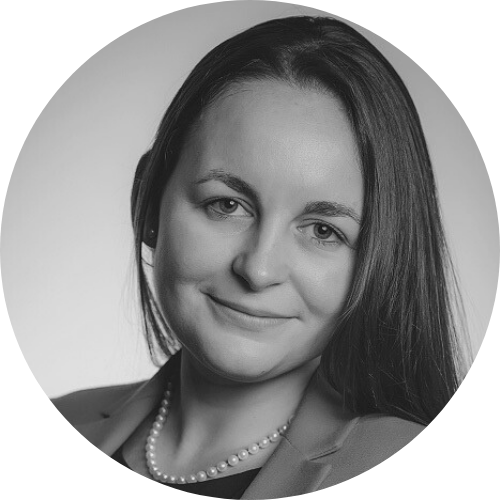
MHAIRI SHARP
CEO, National Emergencies
Supporting Partners
.png?width=500&height=222&name=HST%20LOGO%20LOCKUP%20(1).png)
.png?width=100&height=100&name=Partners%20Logos%20(46).png)
Resilient Cities, Reimagining Health is a new initiative launched by the Resilient Cities Network and Sustainable Markets Initiative’s Health Systems Task Force, with support of Reckitt and Bupa, to strengthen urban resilience by advancing public health and climate action in cities around the world.
With health challenges rapidly worsening due to climate change, cities can help drive preventative approaches and improve healthcare outcomes for residents, reducing healthcare systems’ costs and emissions, and enhancing resilience. The initiative, brings together 22 cities across 15 countries, representing over 100 million people, to take collective action on climate-related health risks through city-led illness prevention, innovation, and collaboration. For more information, click here
Global Witness is an investigative, campaigning organisation. They expose how the industries fuelling the climate crisis profit from destruction, and stand with the people fighting back to defend their communities and their rights.
Using cutting-edge investigative methods, they shine a light on the financial and political systems that enable corporate abuses of power that harm people and planet.

Julius Baer is a leading Swiss wealth management group specialising in private banking and investment services. Julius Baer has a long tradition of supporting a carefully selected range of issues and organisations with a view to preserving the best of today and ensuring a better tomorrow - from fostering leaders of the future to helping reduce wealth inequality and tackling environmental challenges.
Scientific Partner
.png?width=250&height=111&name=ICW%20Partners%20Logos%20(24).png)
Pasteur Foundation UK was established in 2023, building on over a century of Franco-British scientific collaboration. The UK is the Institut Pasteur’s second-largest international partner, with researchers collaborating on nearly 60 interdisciplinary projects across more than 90 British institutions, from antimicrobial resistance and tropical diseases to neurodegeneration and neurodiversity.
For more information, click here
Strategic Partners
.png?width=110&height=110&name=Partners%20Logos%20(58).png)
.png?width=110&height=110&name=Partners%20Logos%20(42).png)
.png?width=125&height=125&name=Partners%20Logos%20(61).png)
.png?width=110&height=110&name=C40_Logo_RGB_72dpi%20(2).png)
.png?width=110&height=110&name=Partners%20Logos%20(54).png)
Media Partner
.png?width=150&height=150&name=Partners%20Logos%20(43).png)
More Conferences.
More Connections.
One Membership.
As a member of The Conduit, you’ll unlock access to a year-round calendar of purpose-driven events — from high-impact healthcare conferences to intimate gatherings on climate, policy, and innovation.
DISCLAIMER
Please note that this event will be recorded and photographed. By attending this event, you consent to being photographed, filmed and recorded (“Recordings”). You further consent to The Conduit, and its assigns’ use of your name and your appearance and voice as captured by these Recordings, in any and all media, worldwide, for any purpose in connection with this event, including promotion of this event.
CONTACT US
CLUB OPENING TIMES
Monday – Thursday: 7am – 11pm
Friday: 7am – 12am
Saturday: 10am – 11pm
Sunday: Closed

.png?width=120&height=120&name=Partners%20Logos%20(15).png)